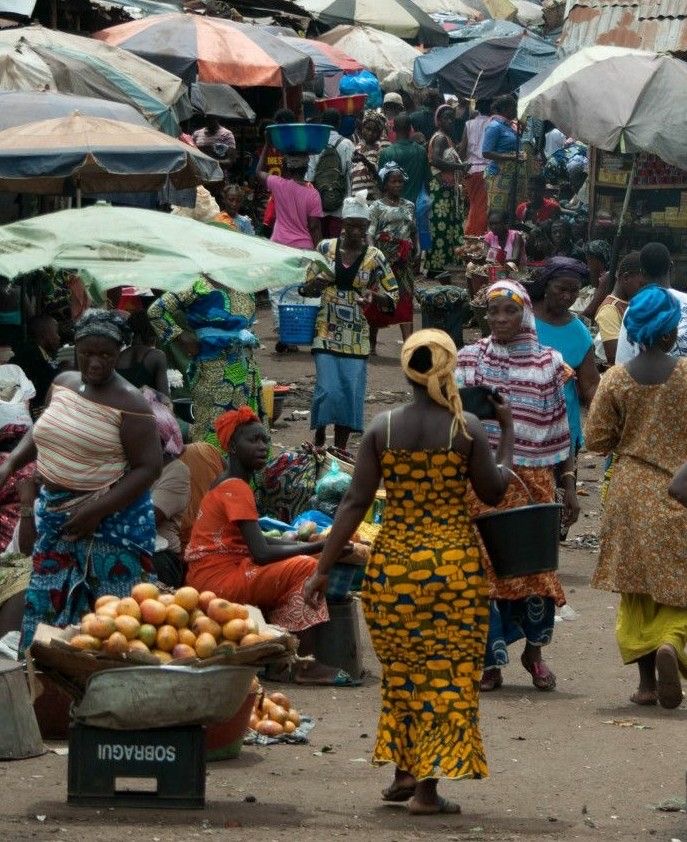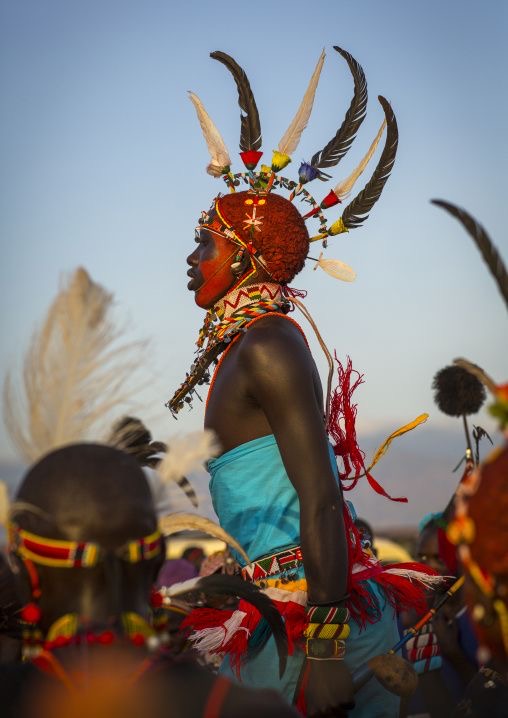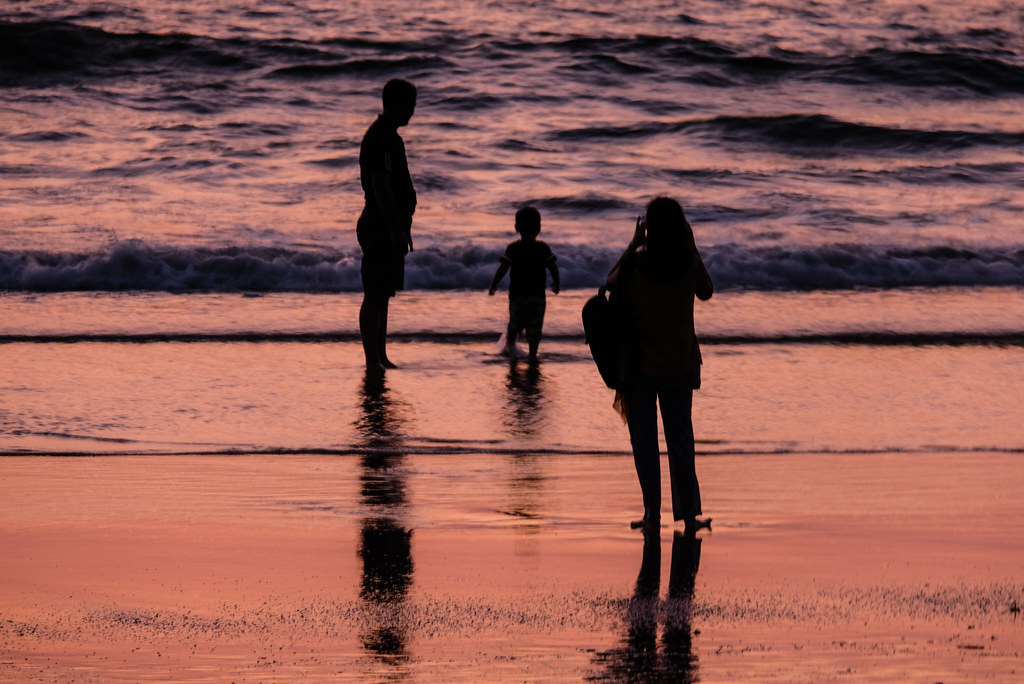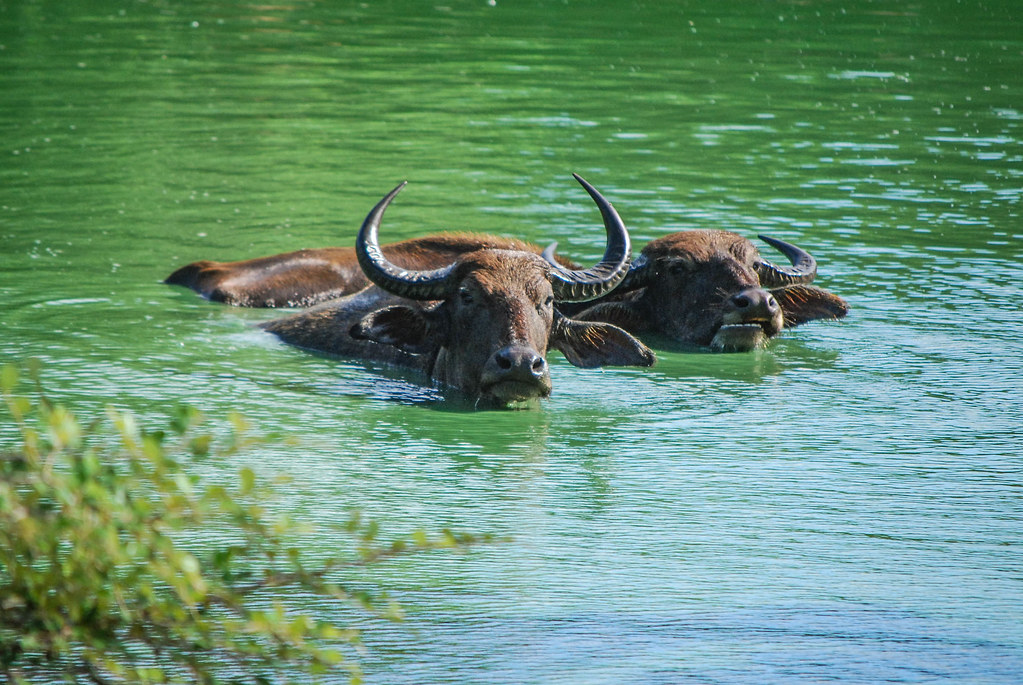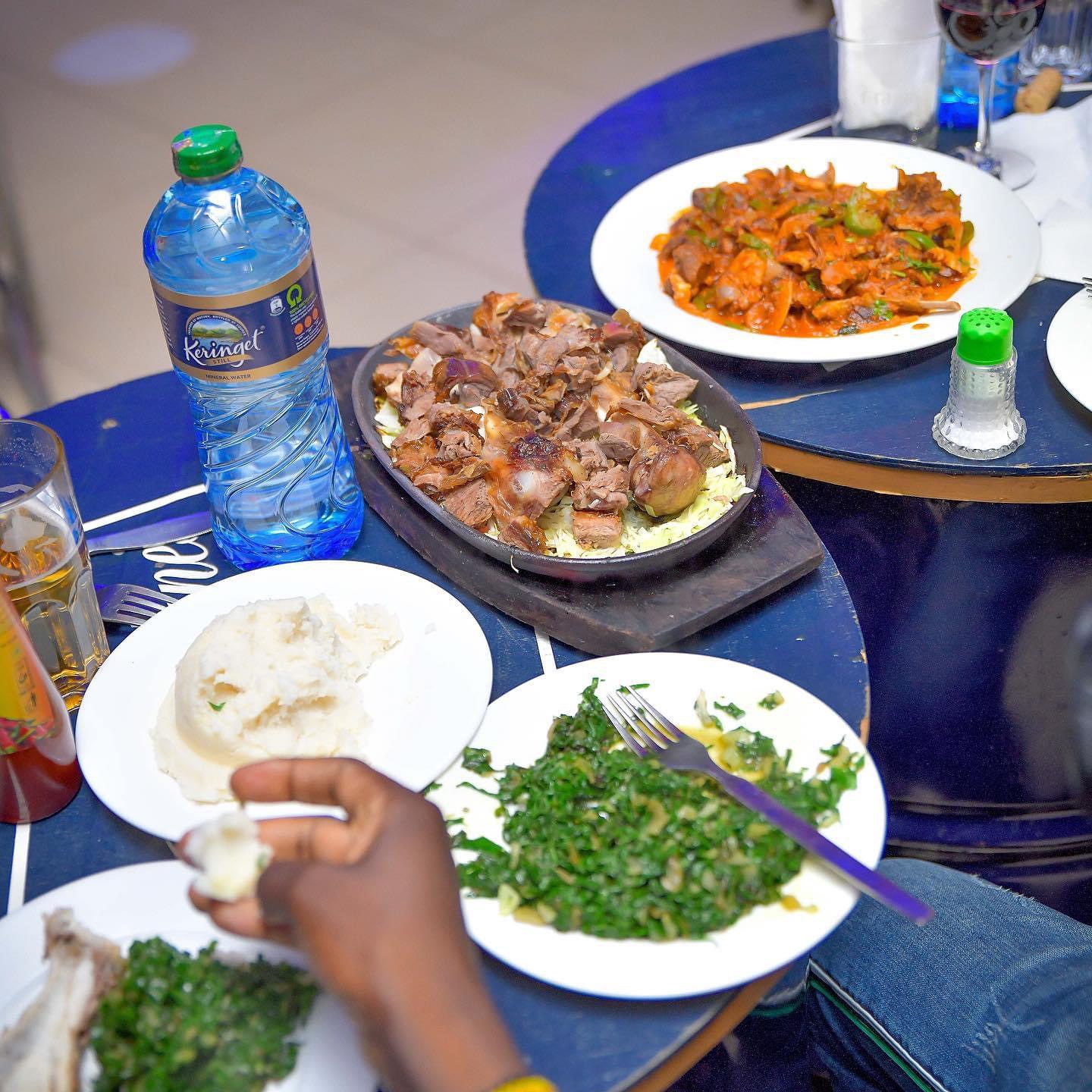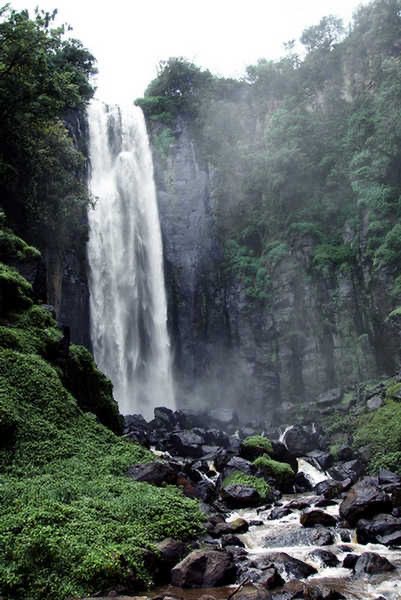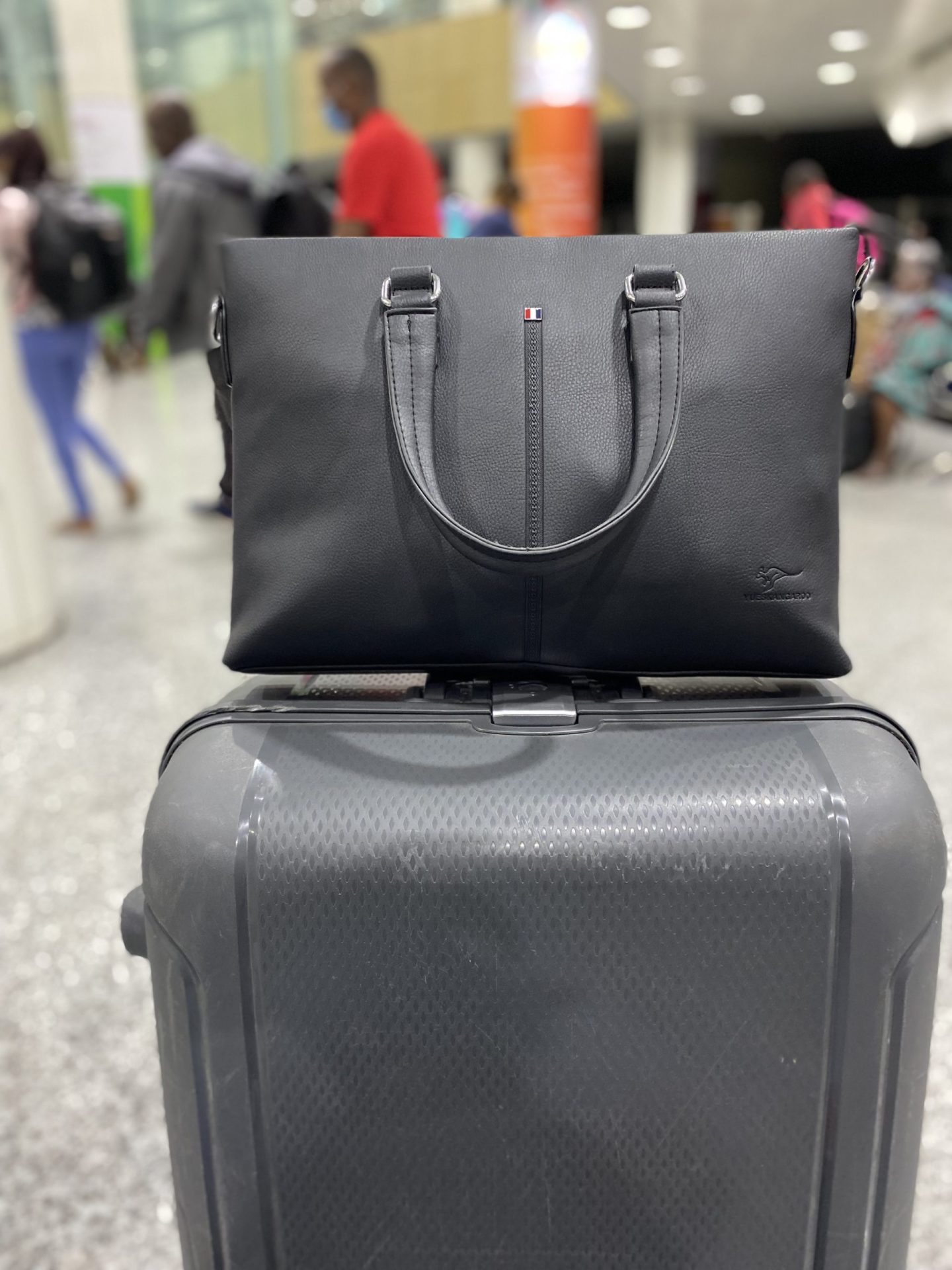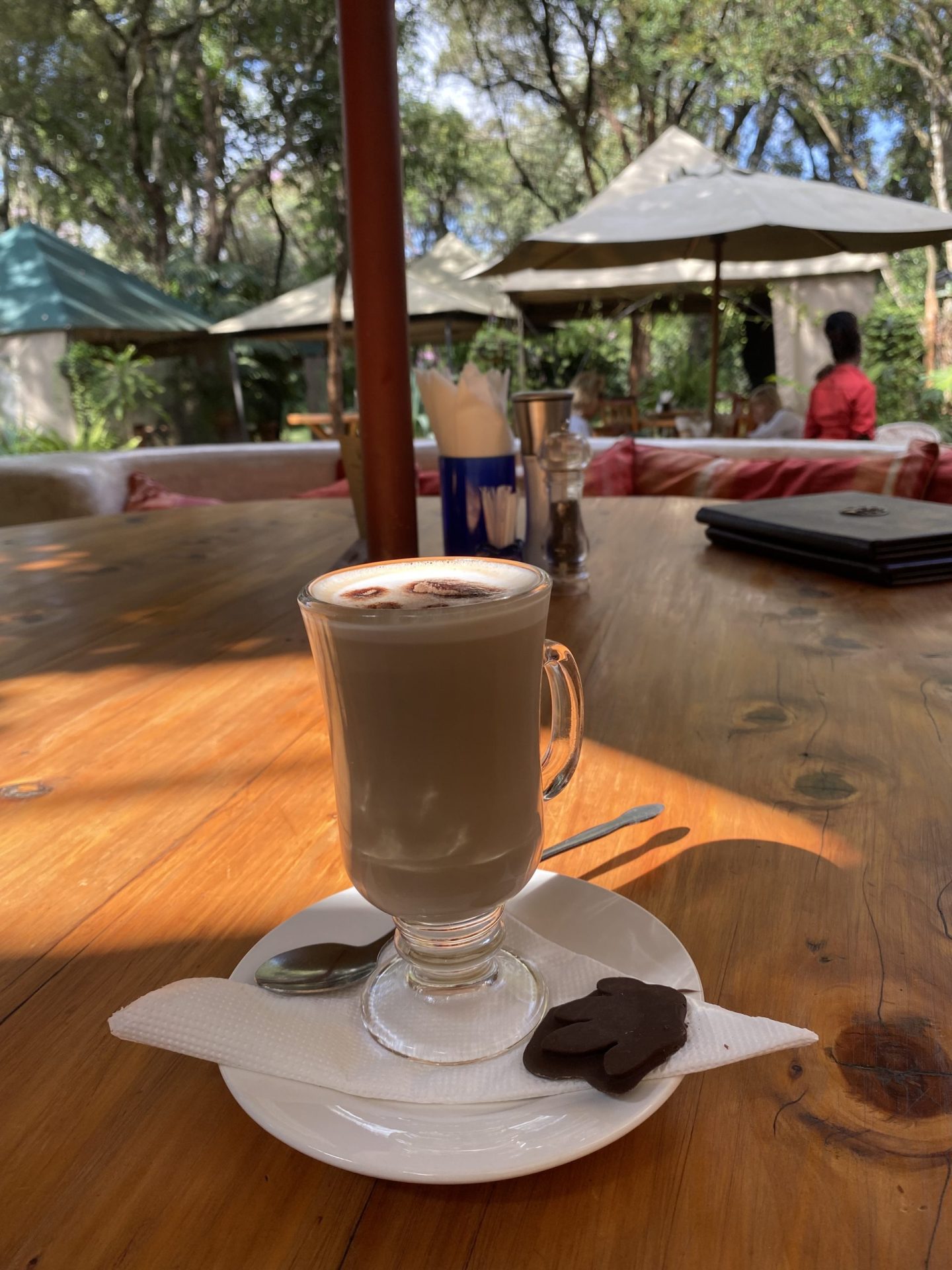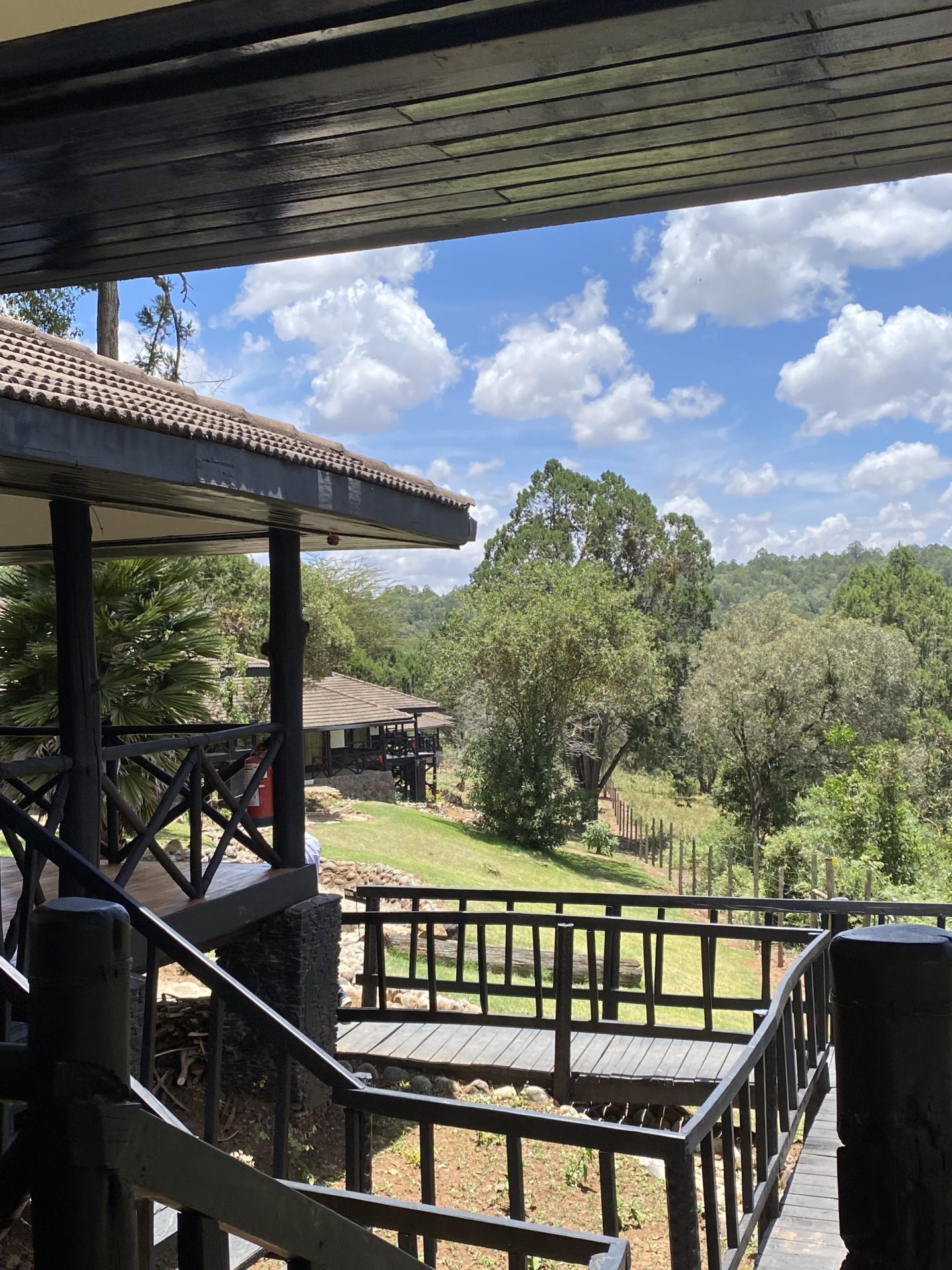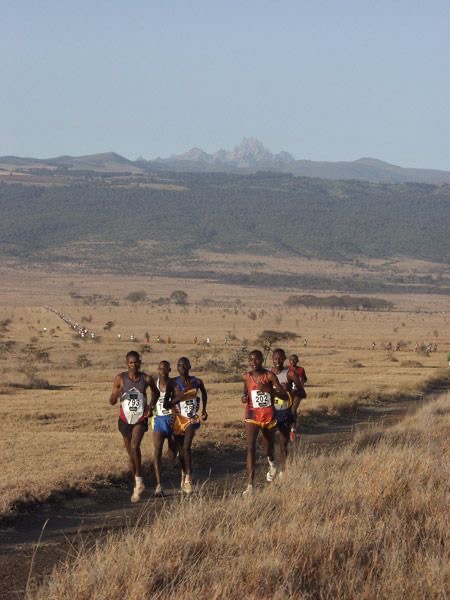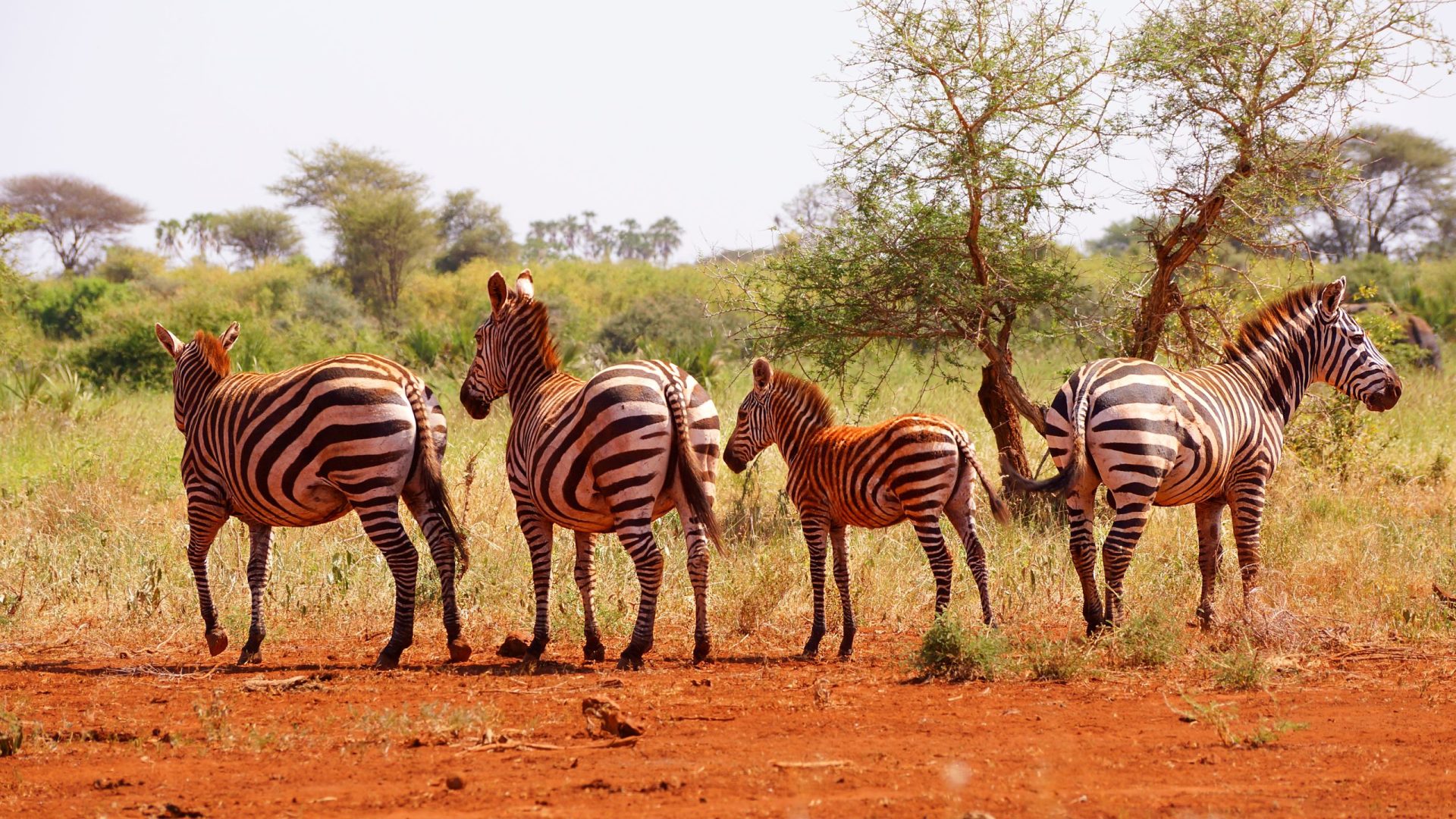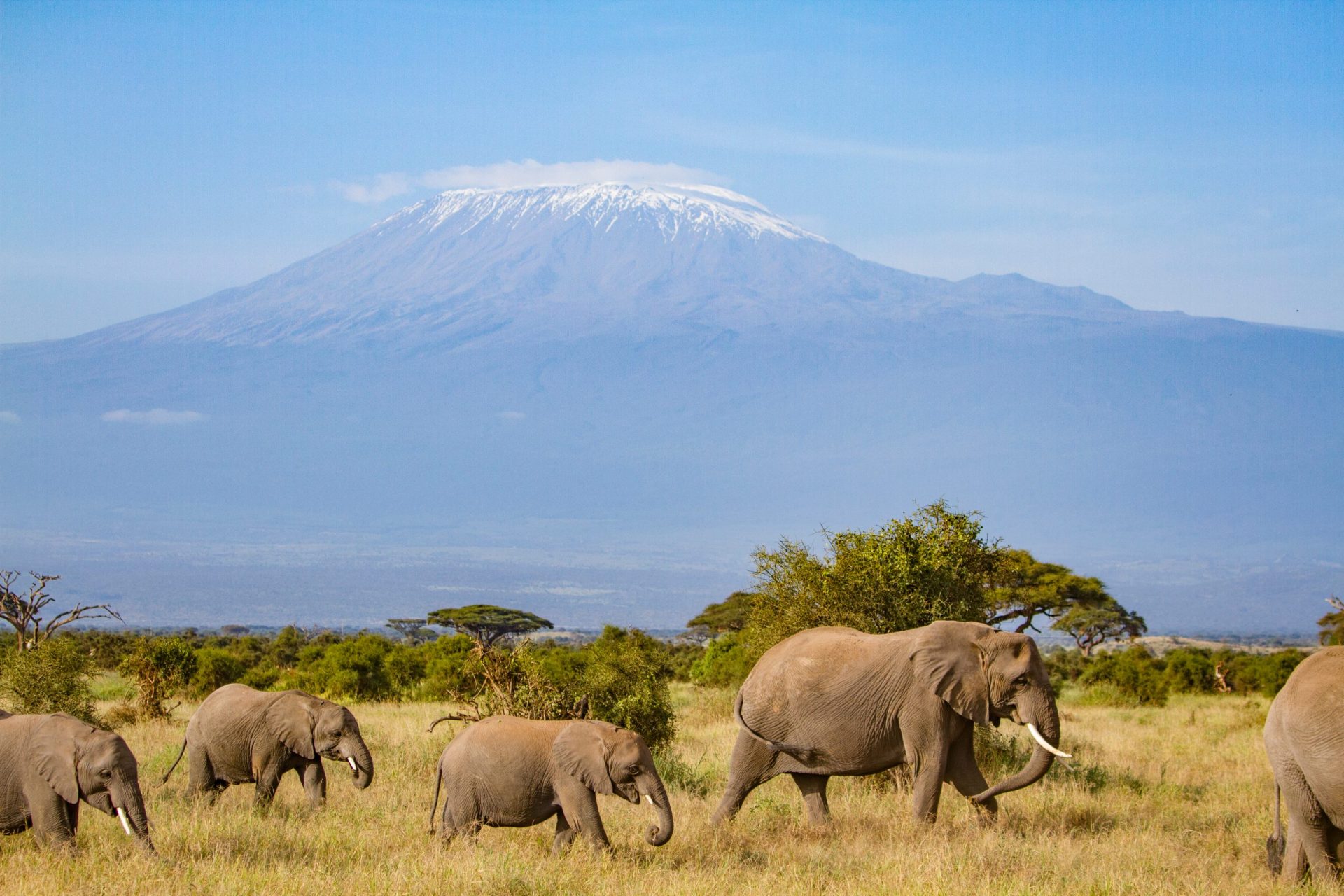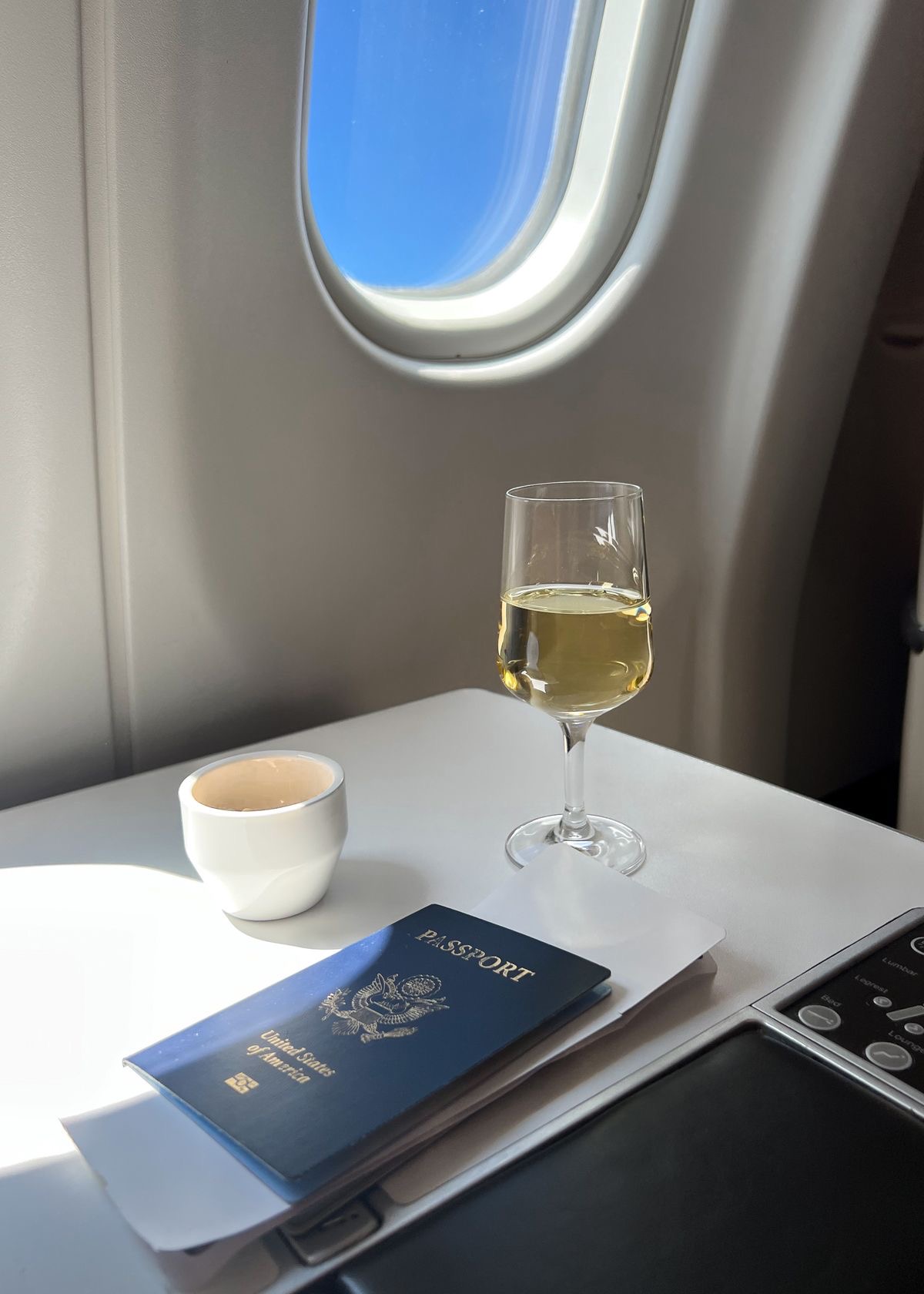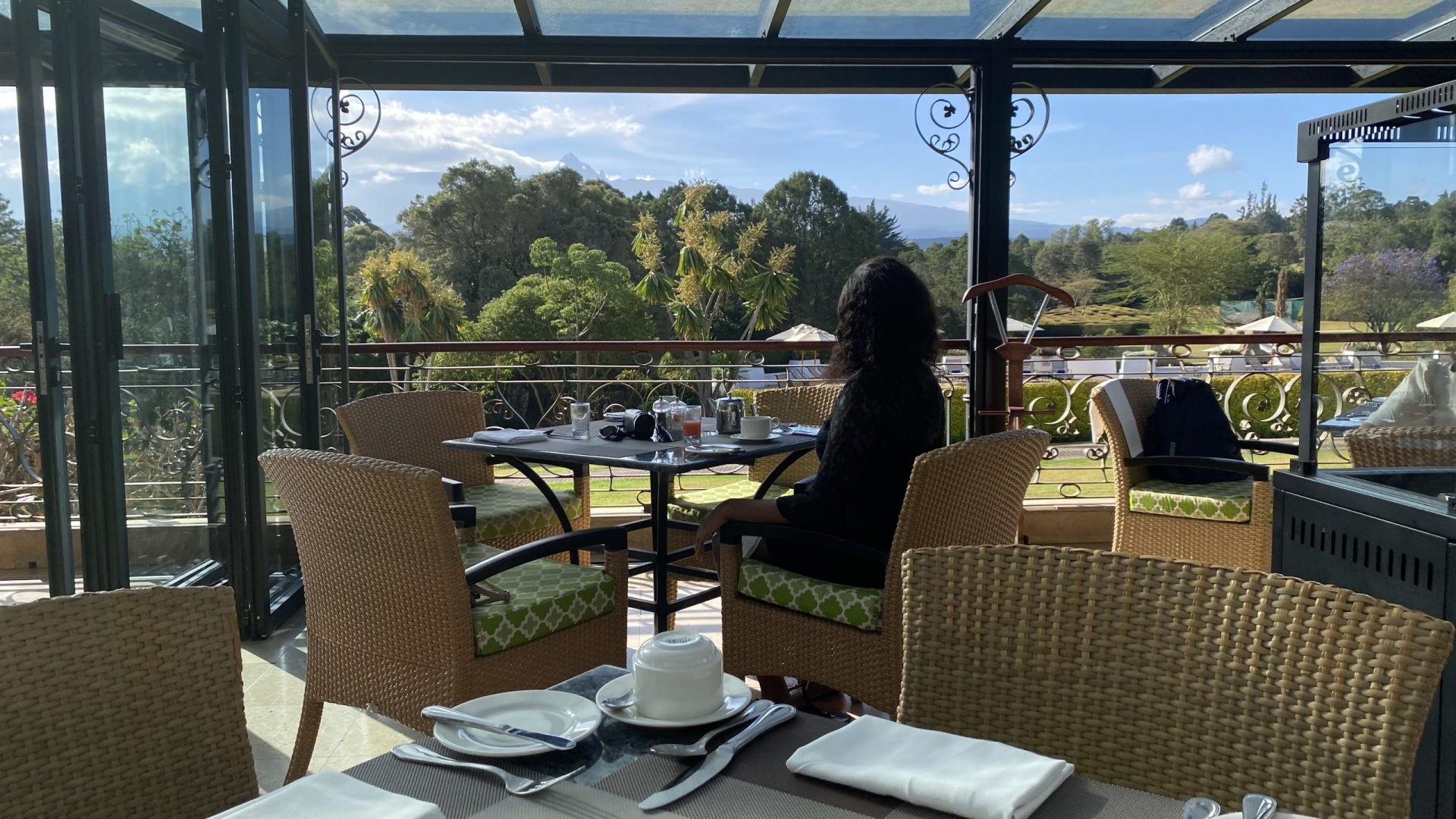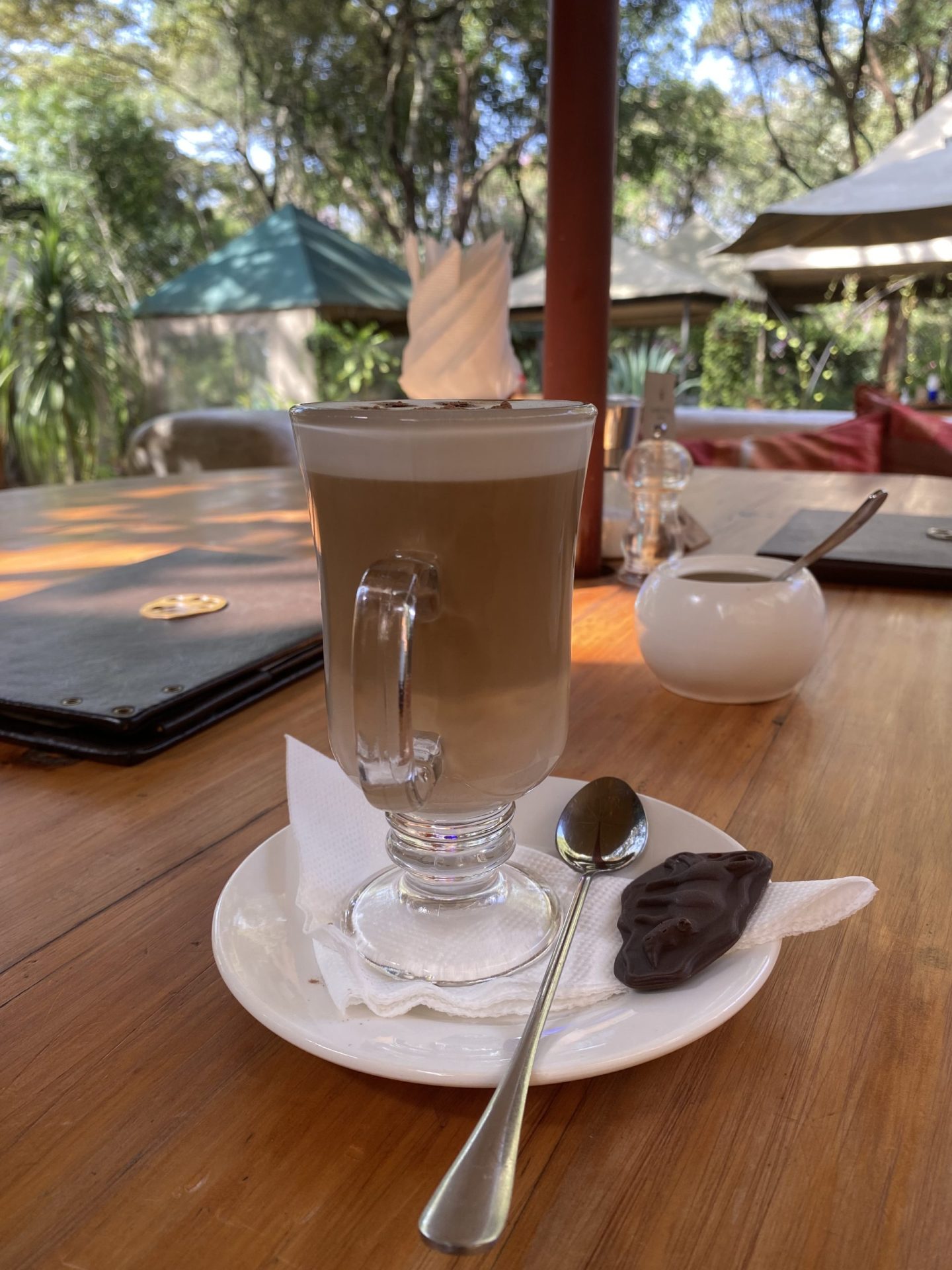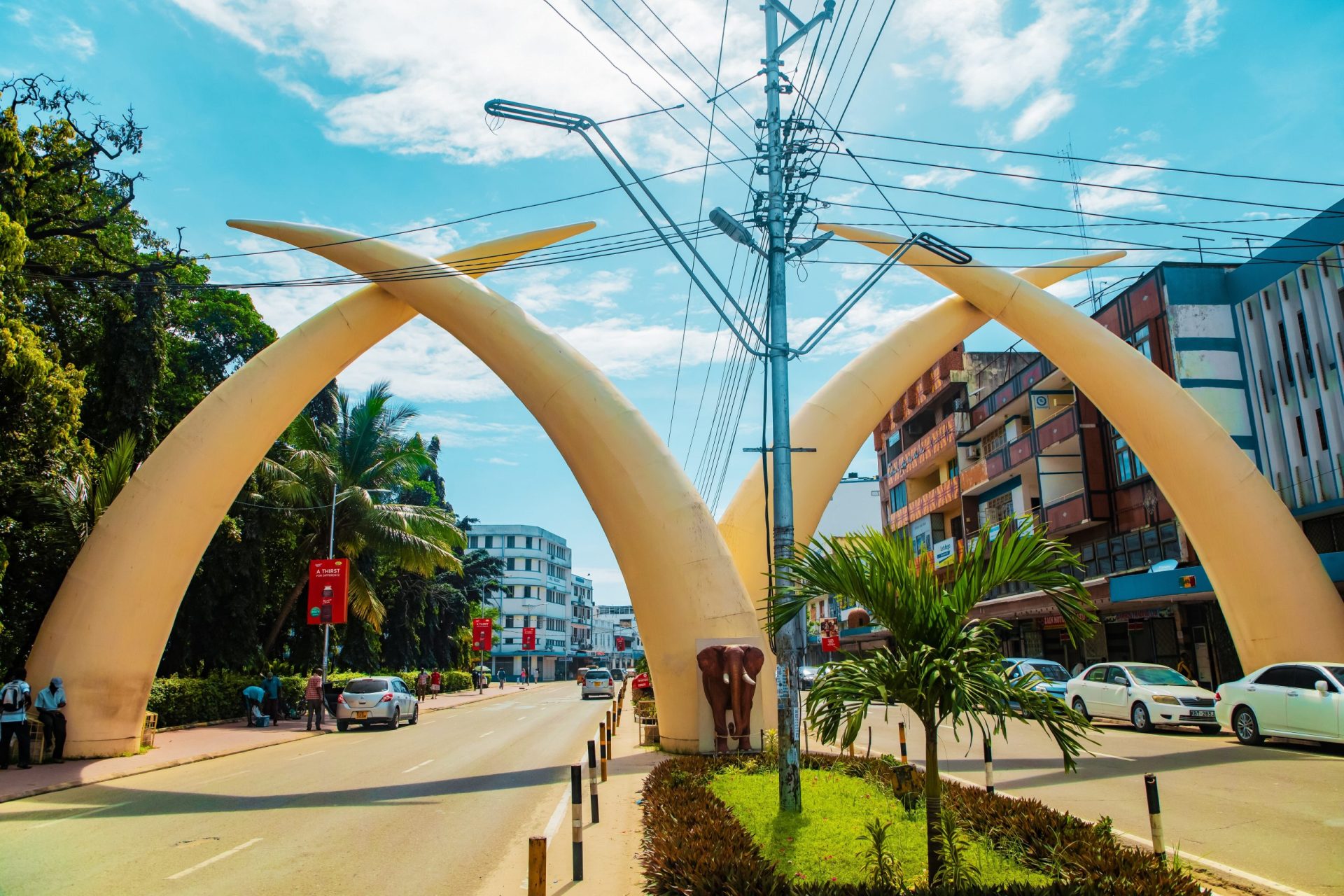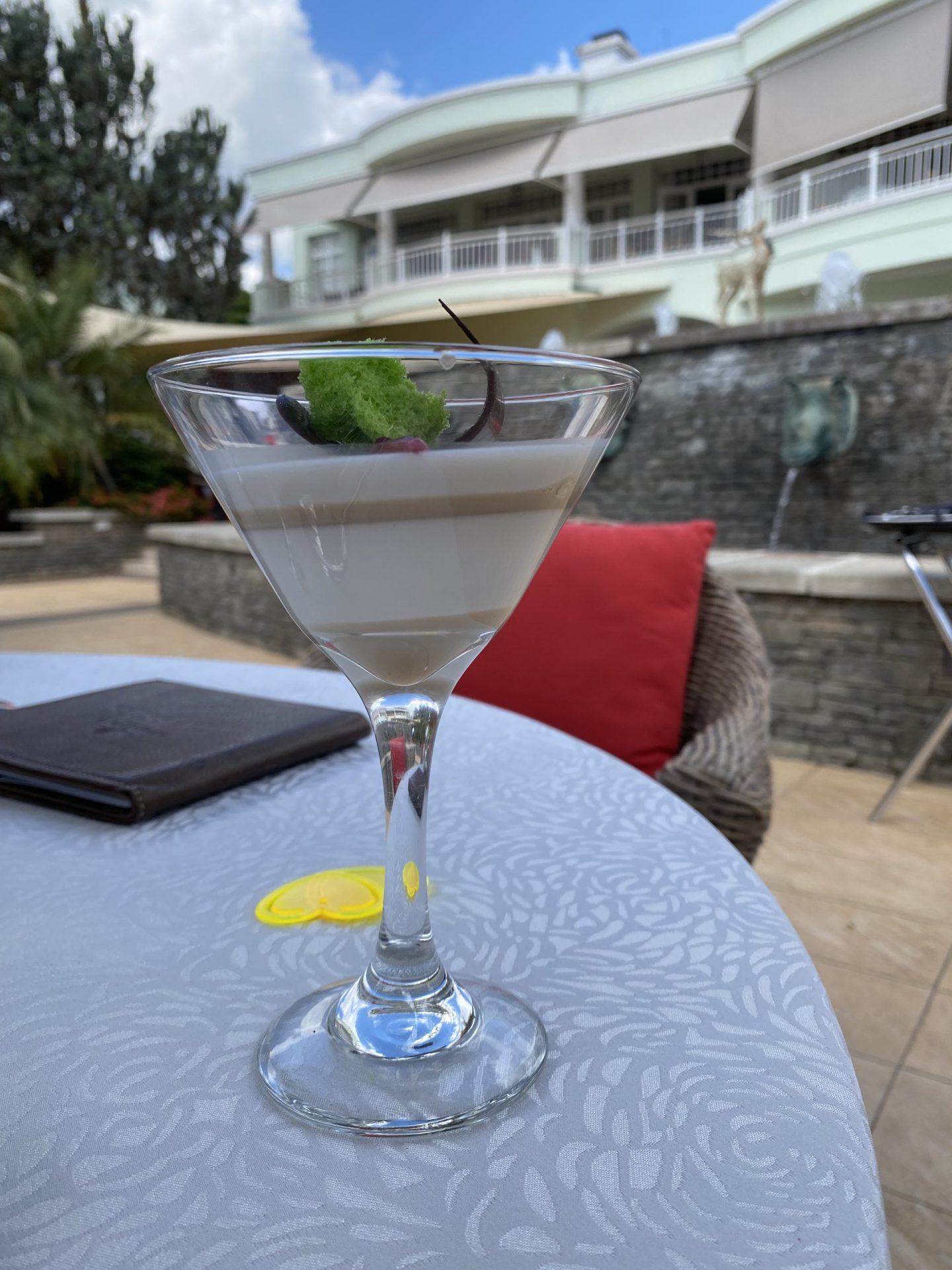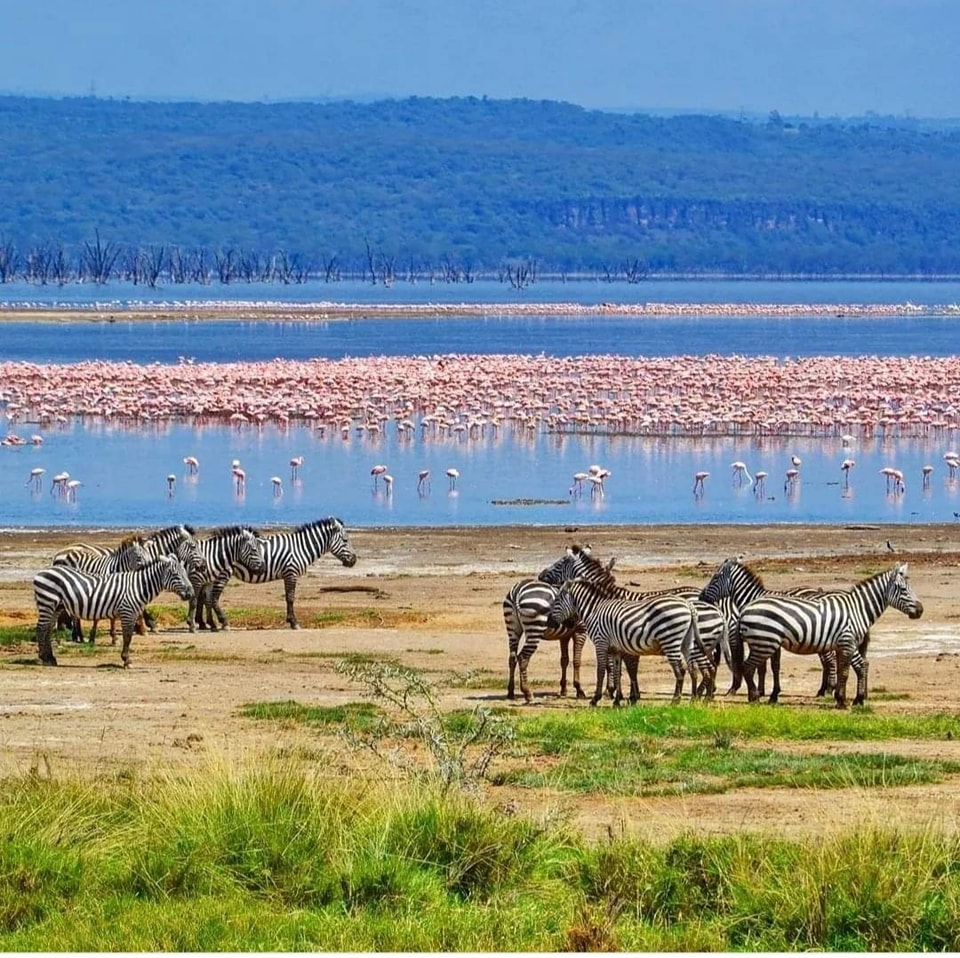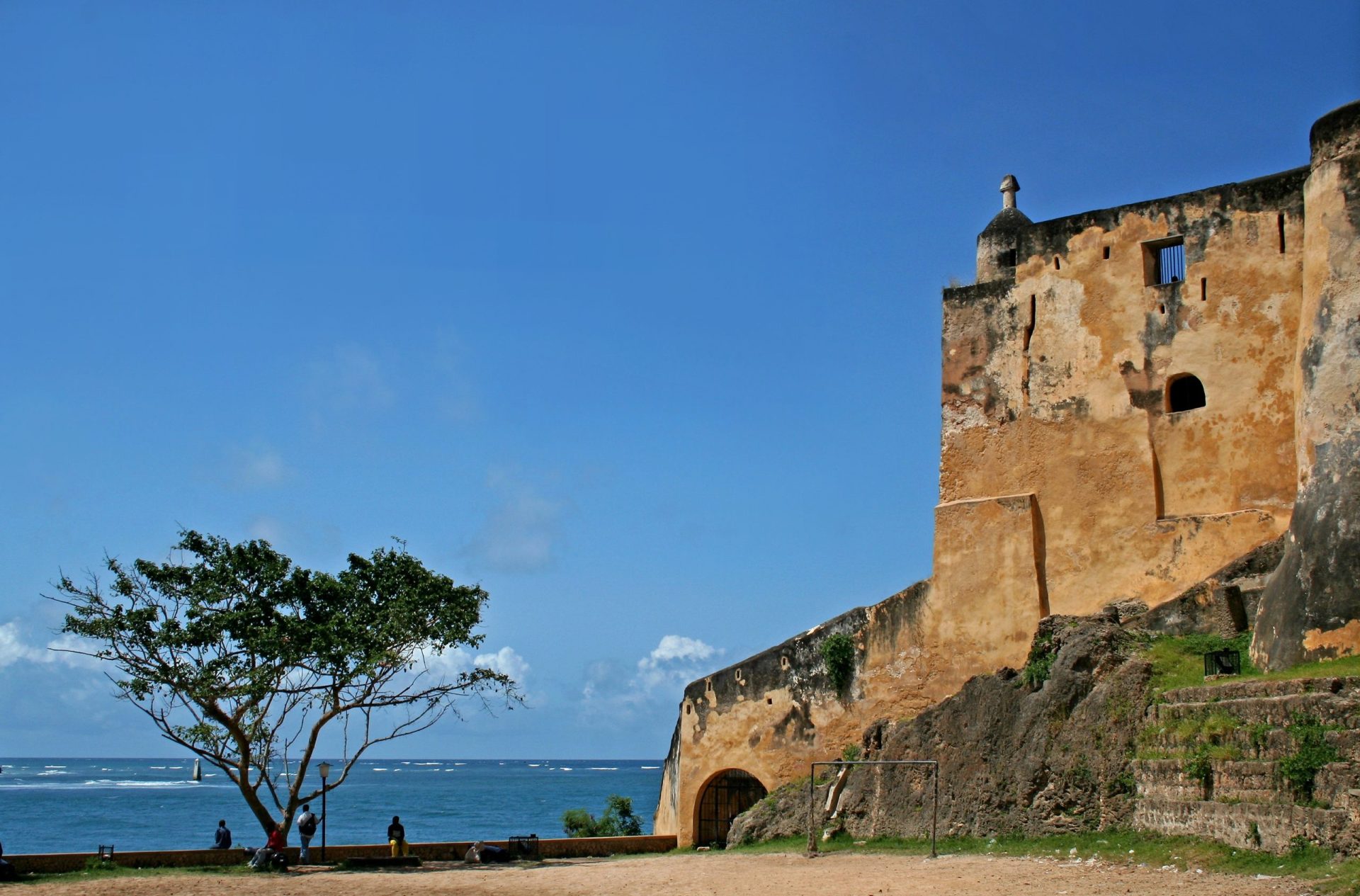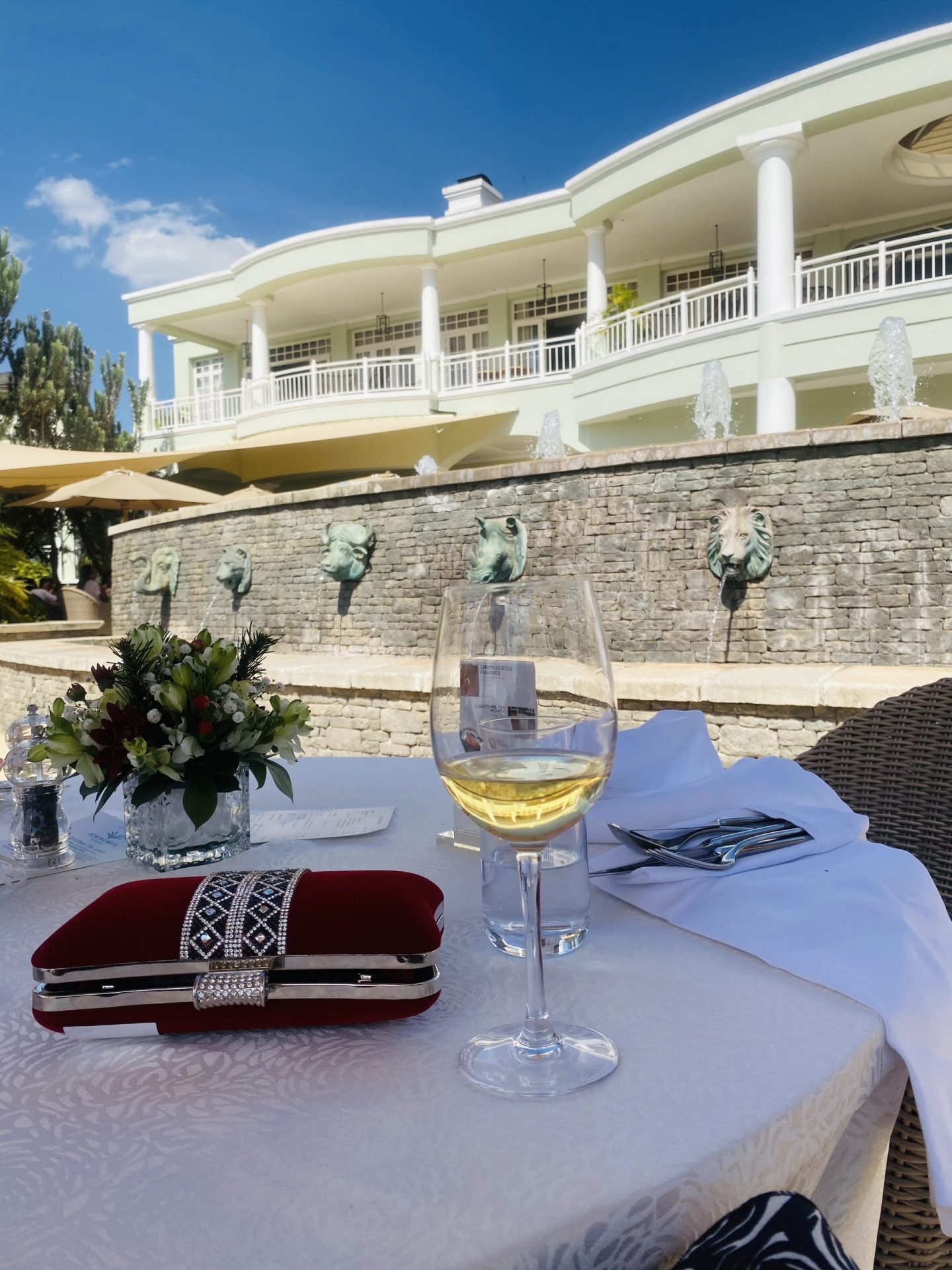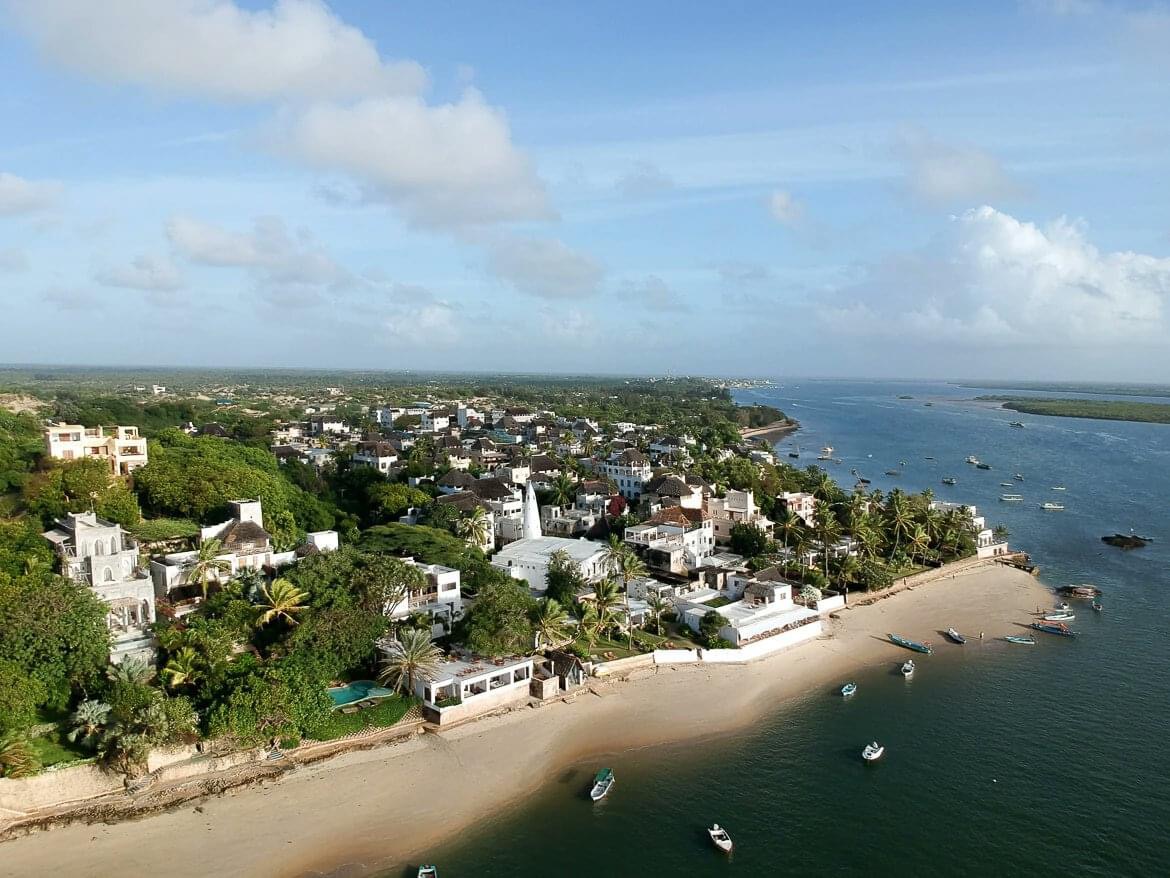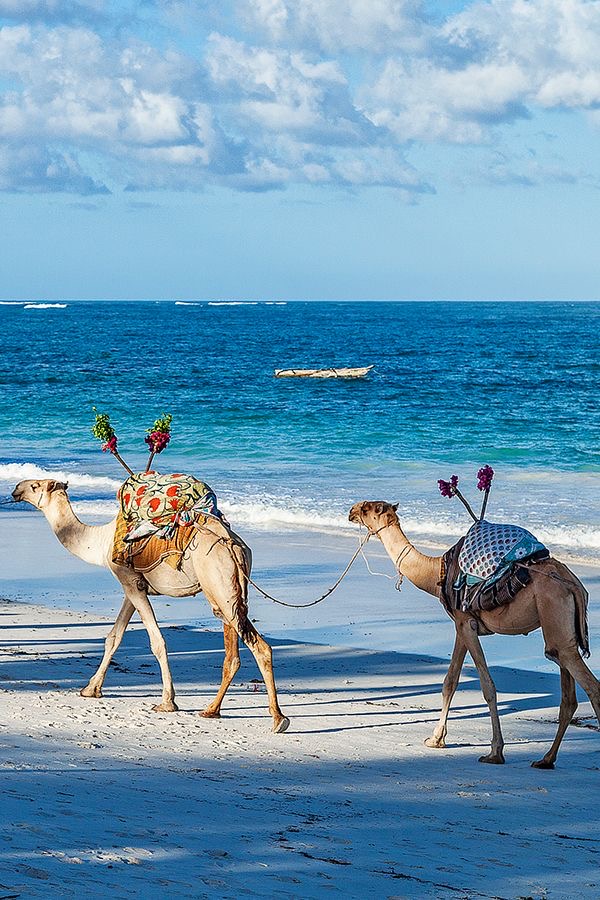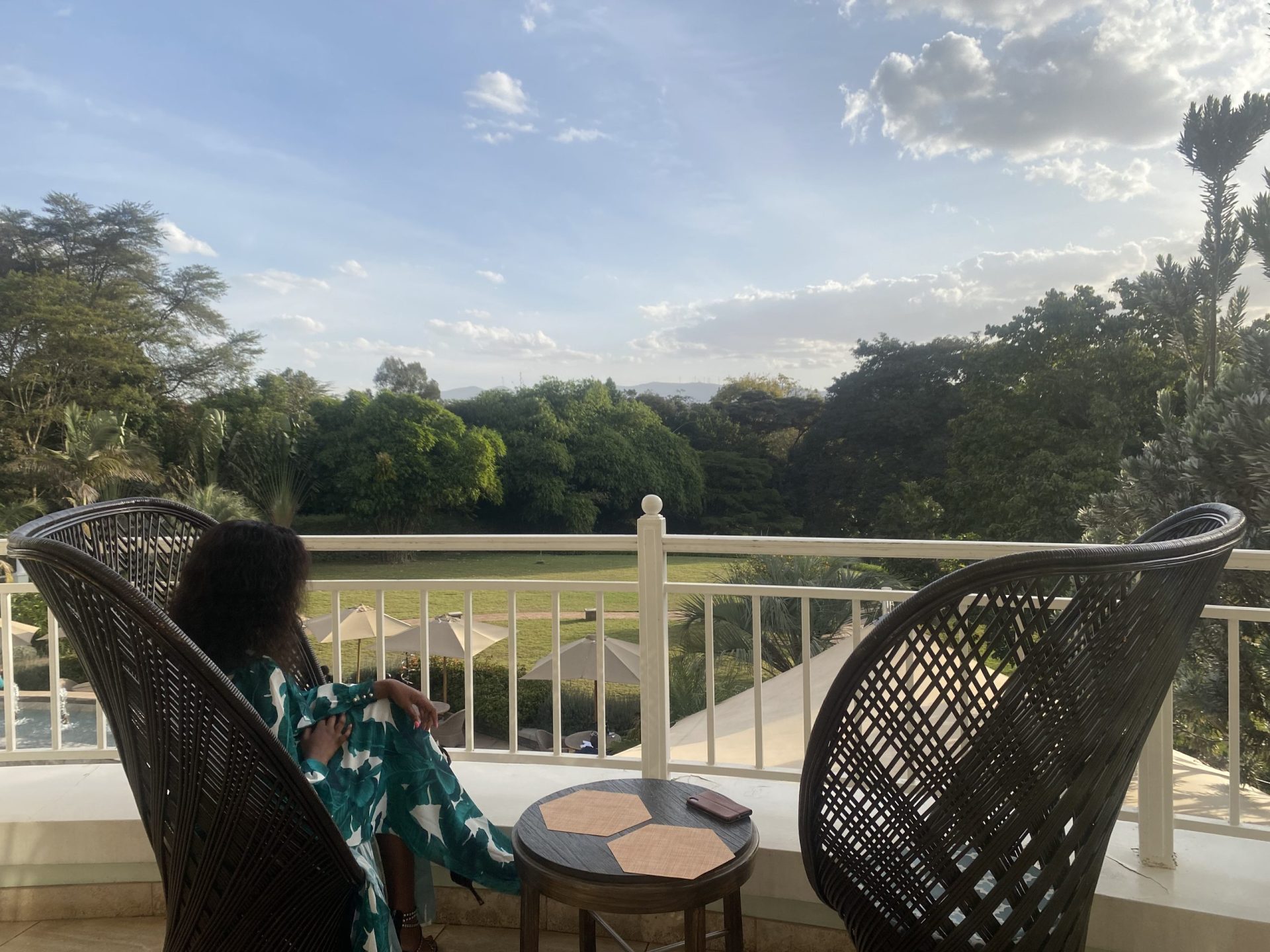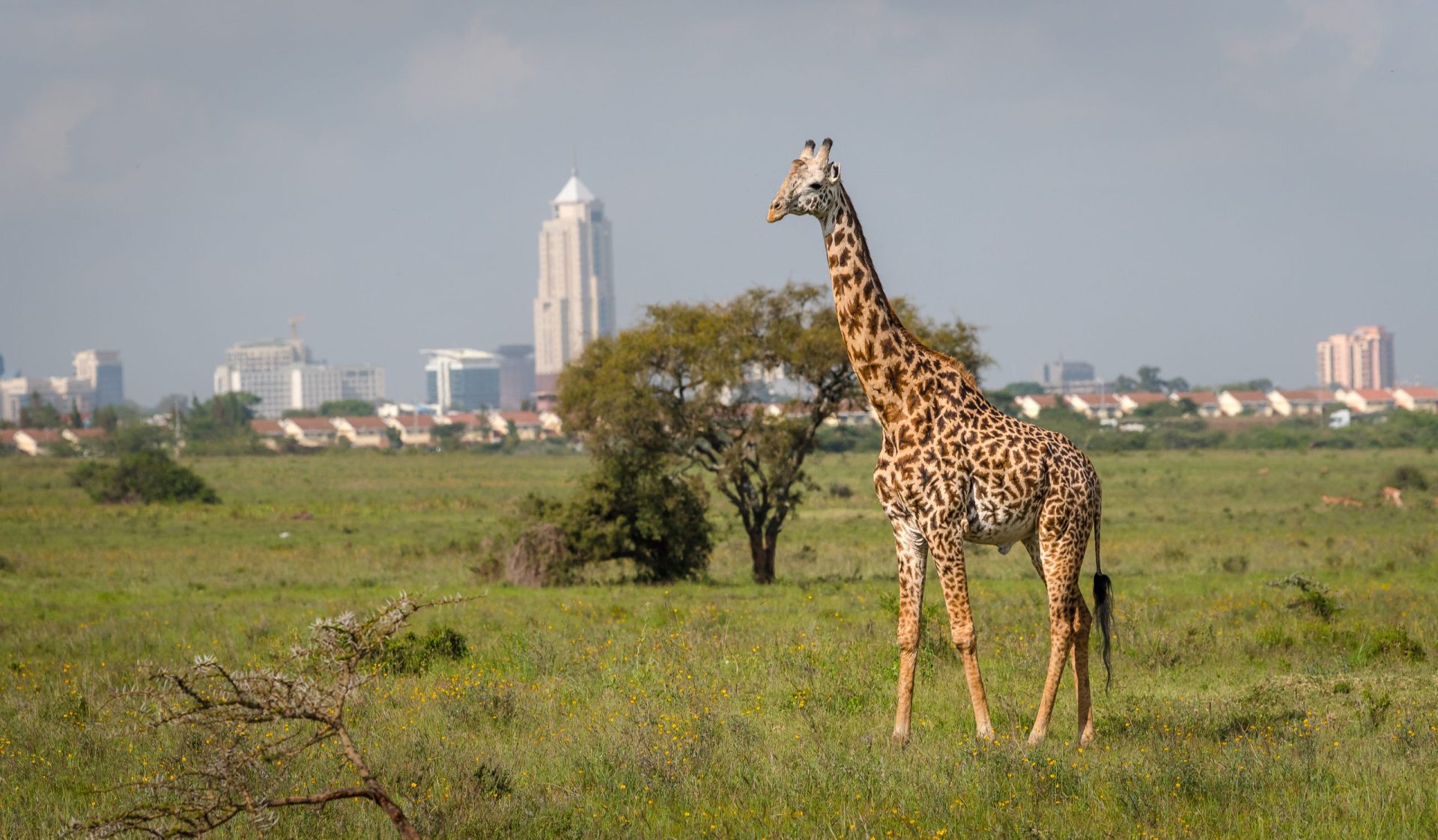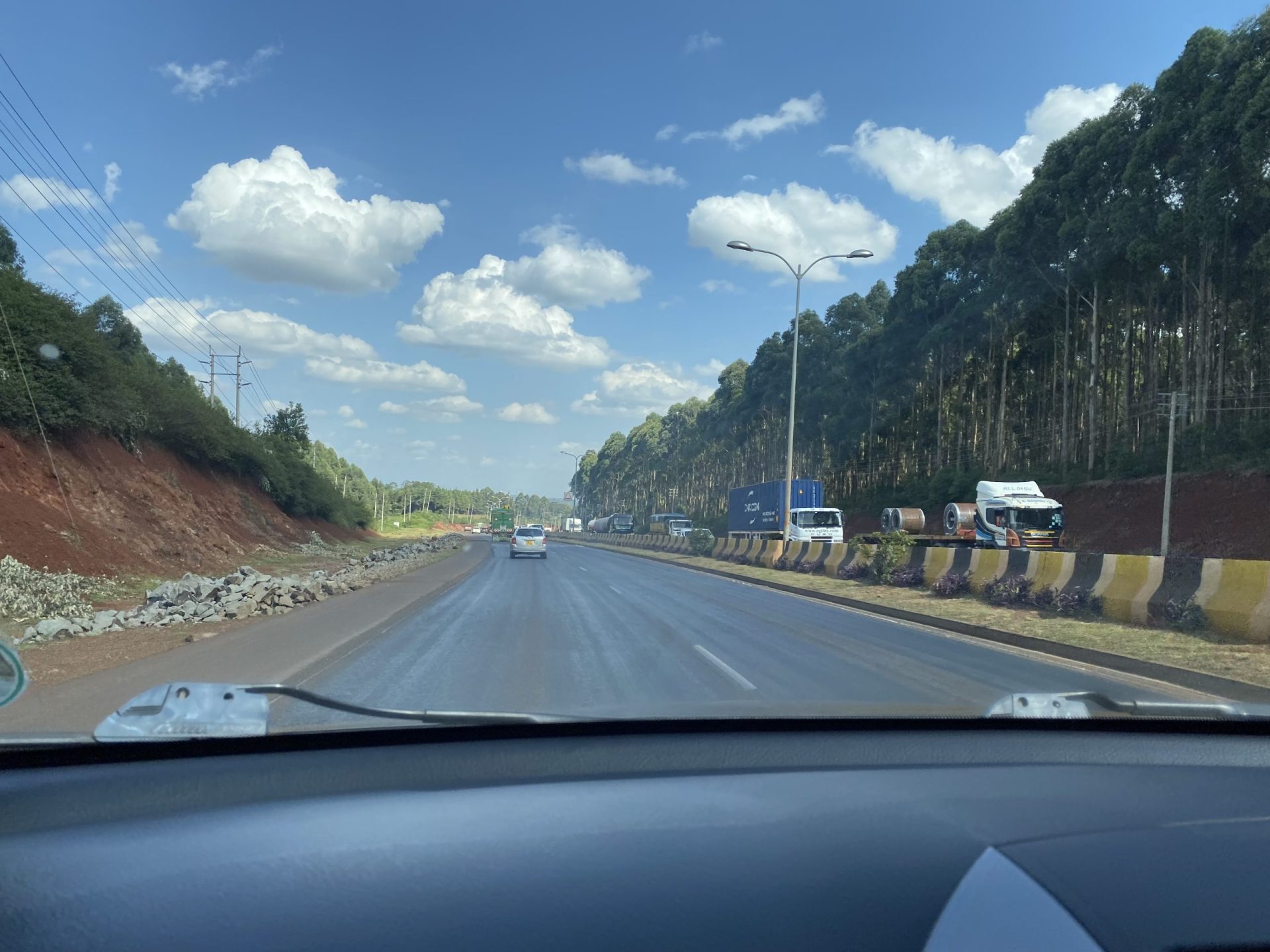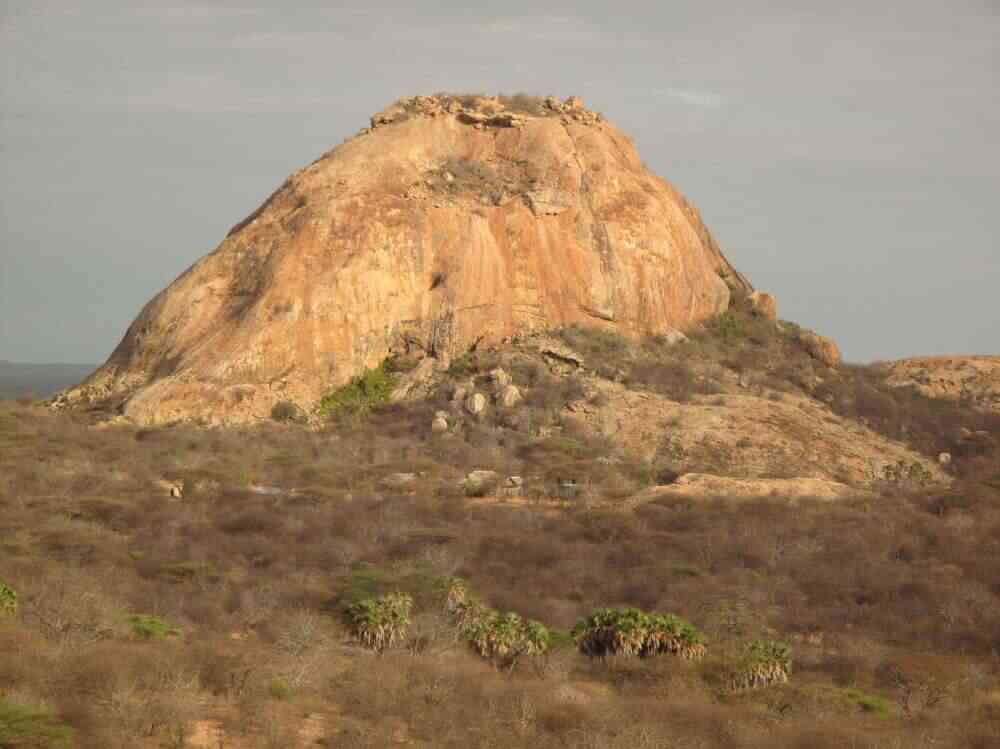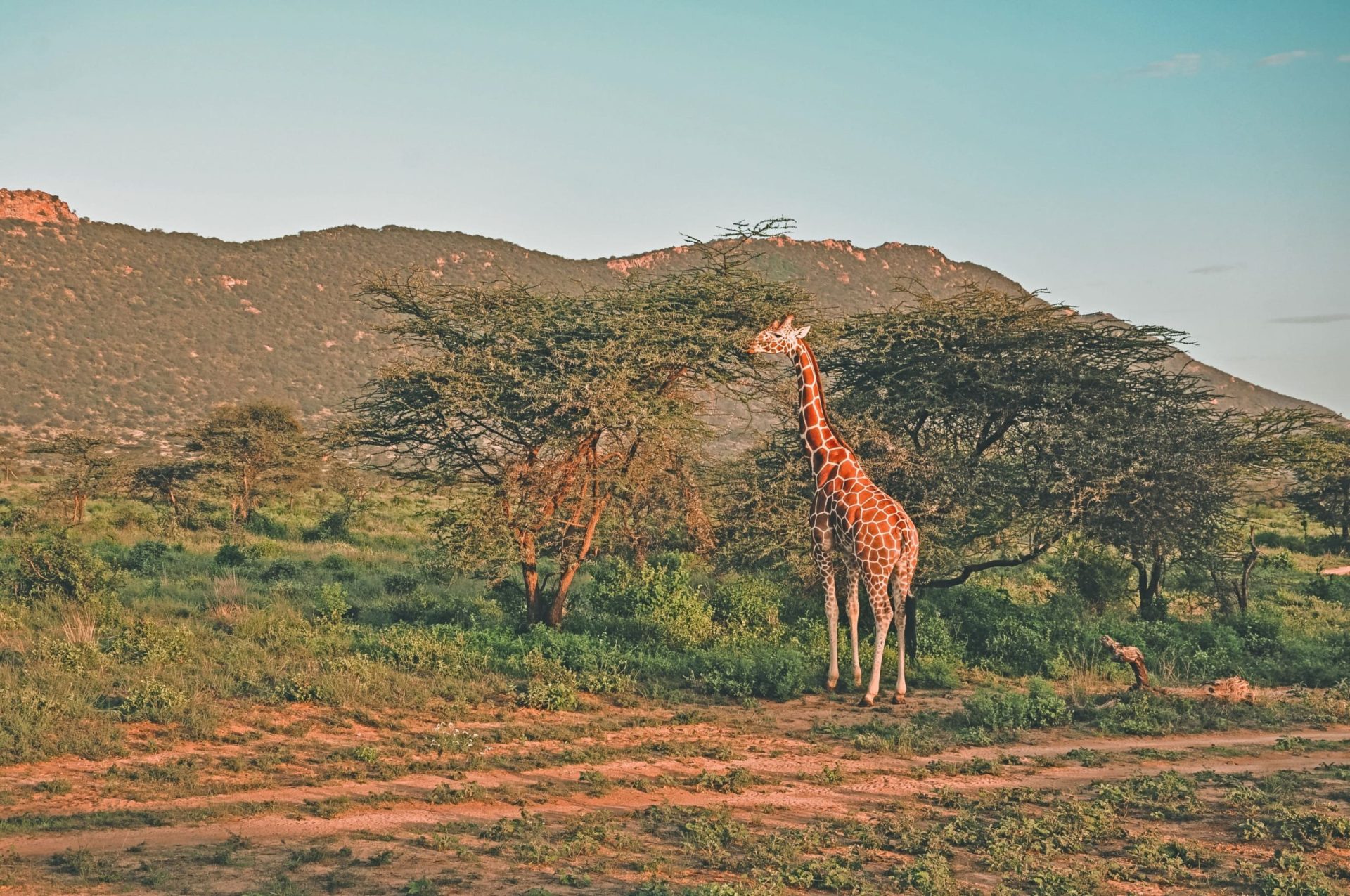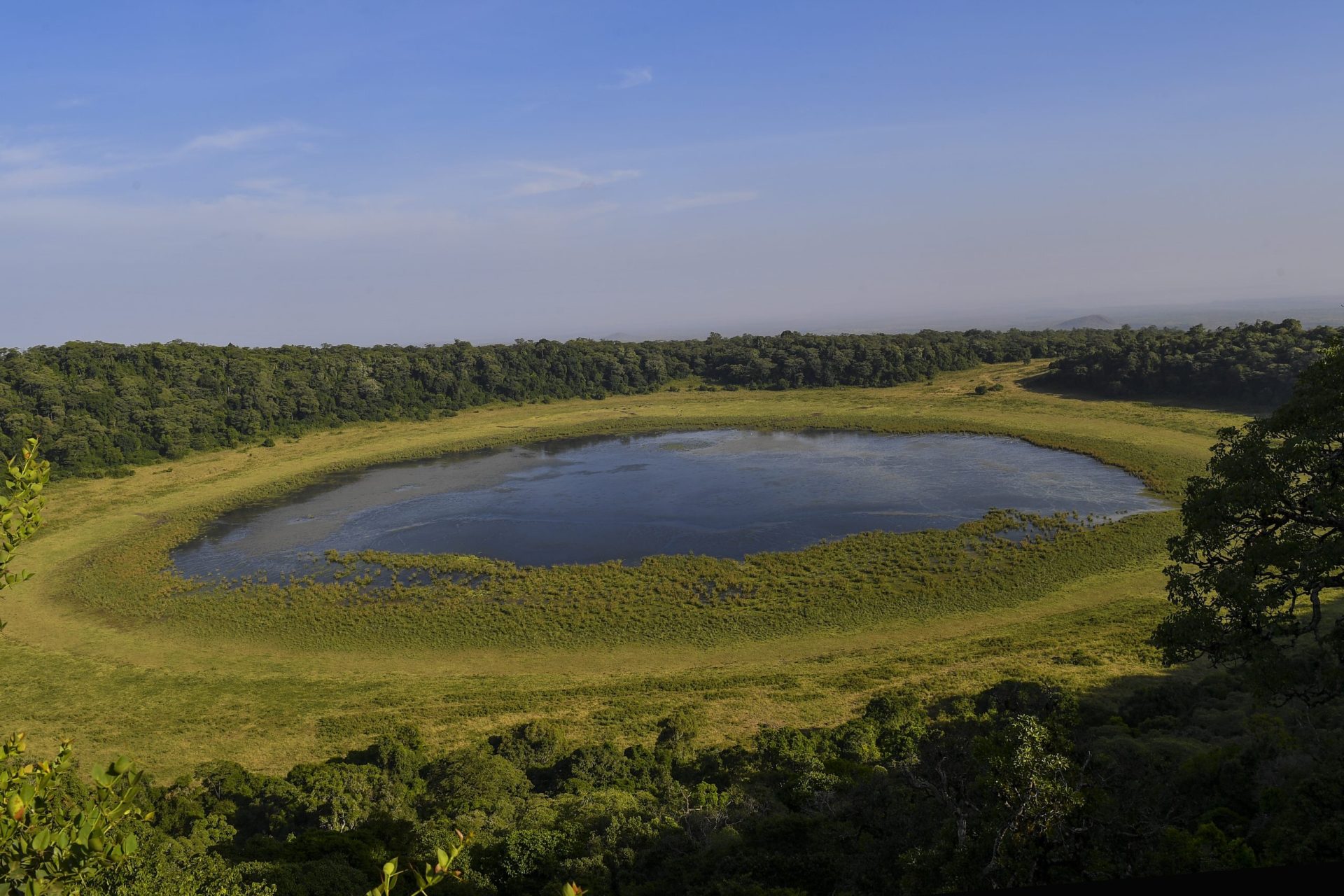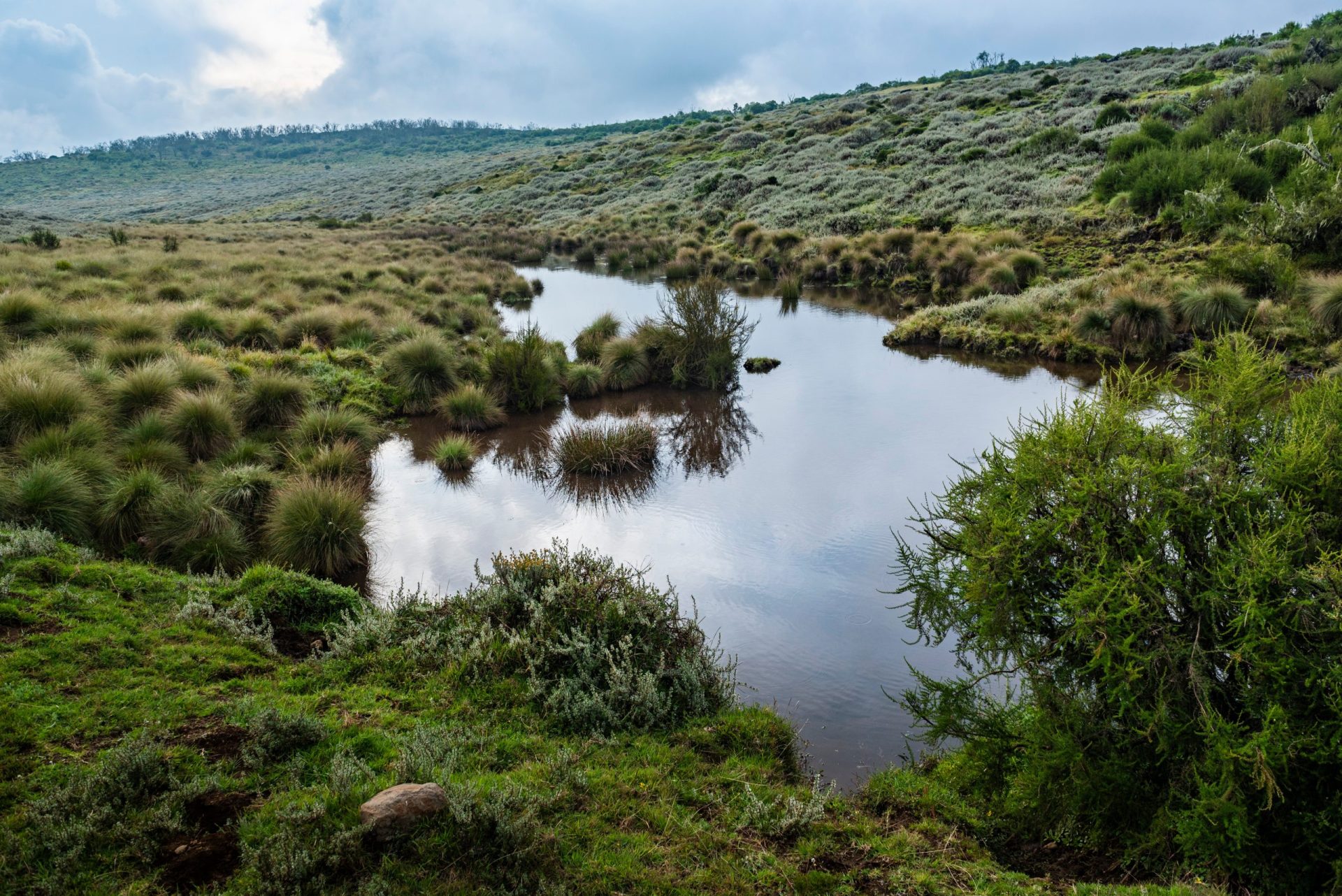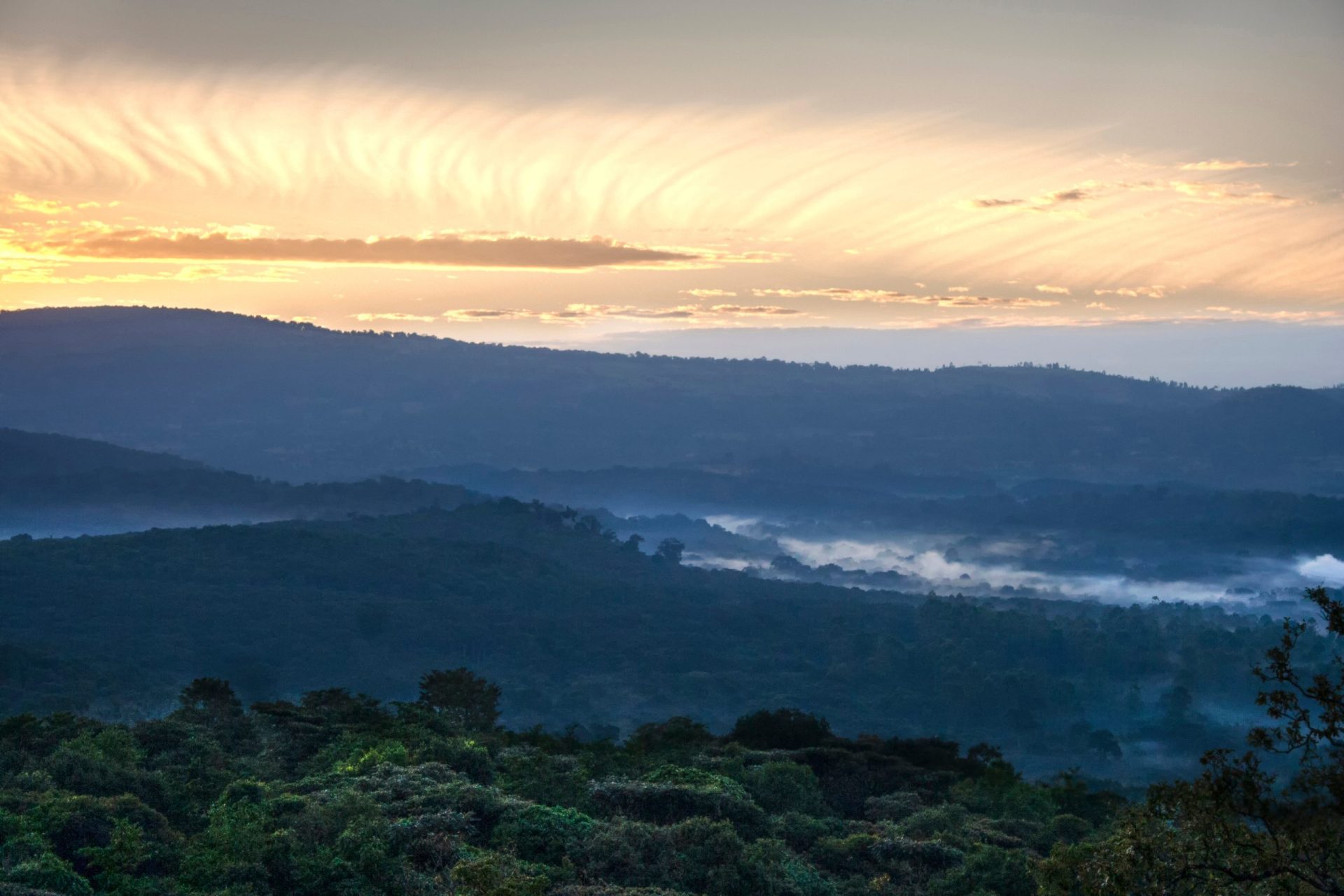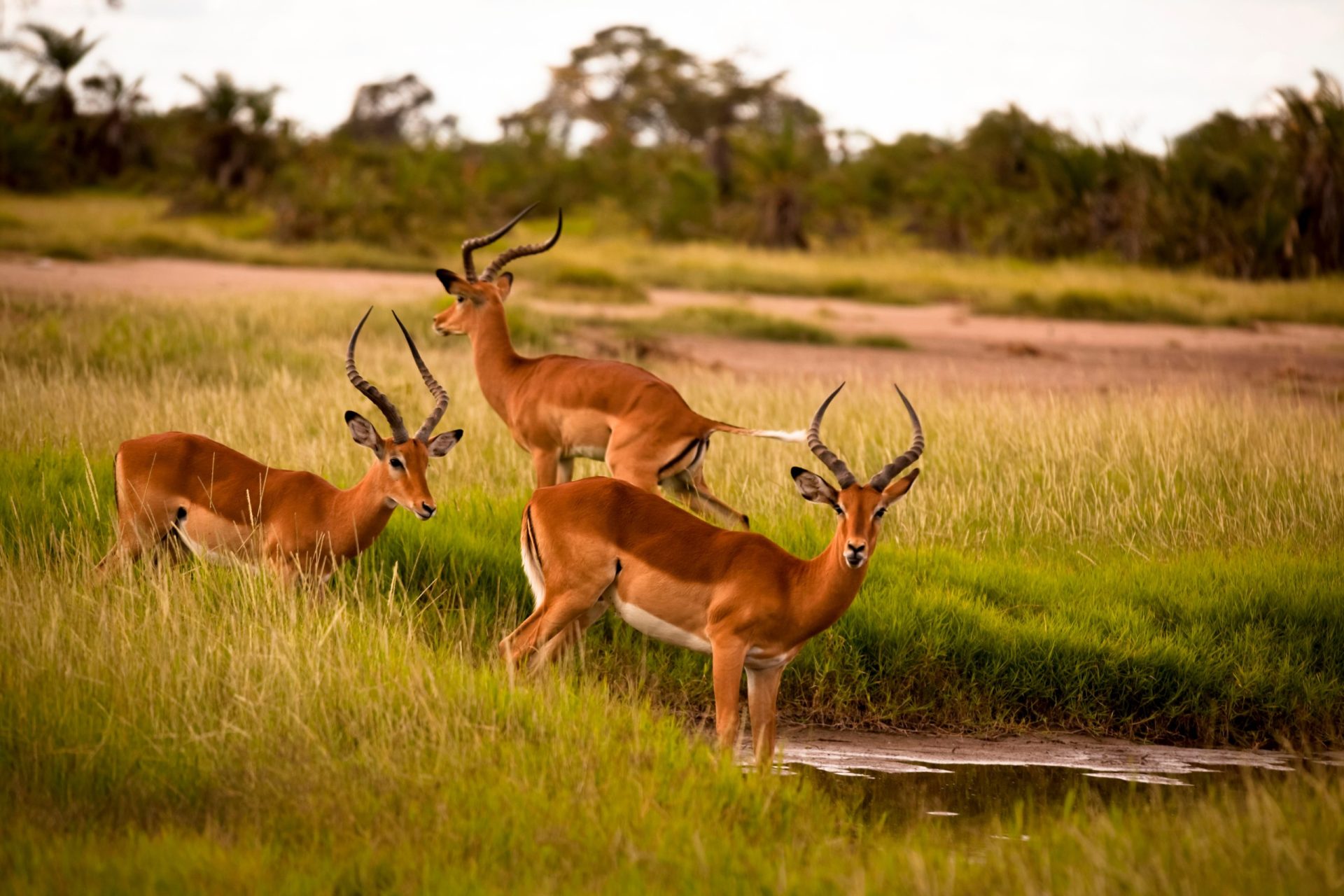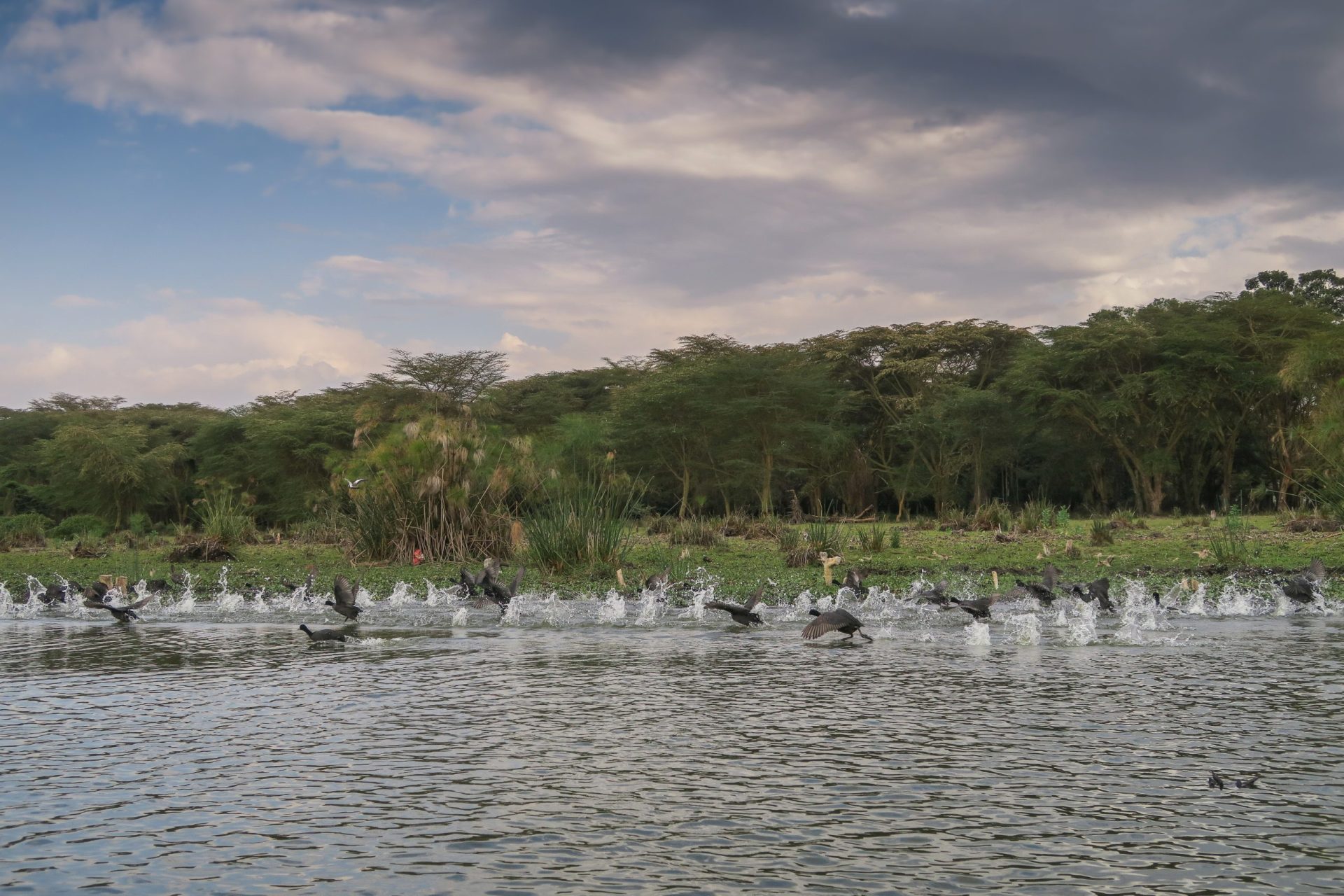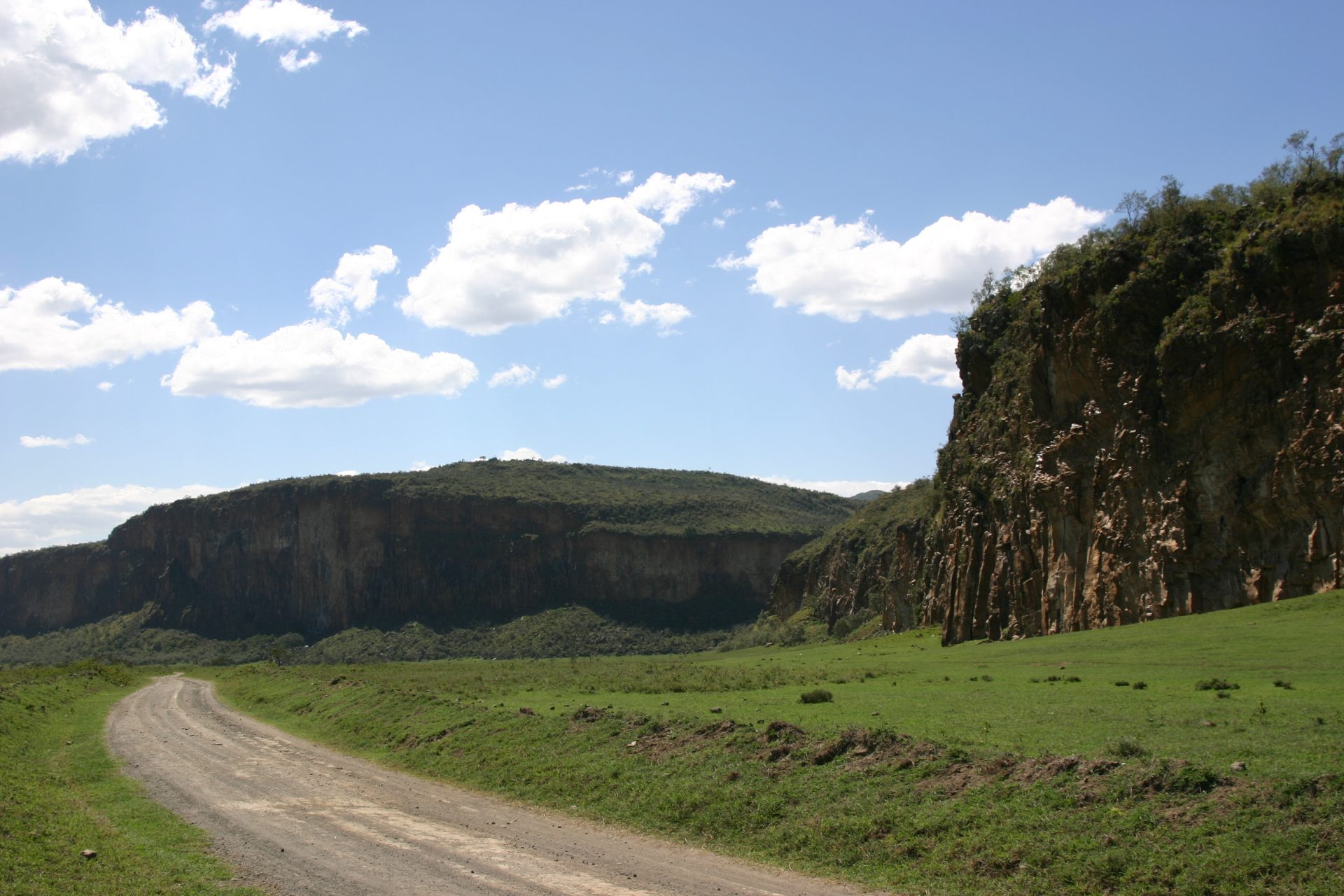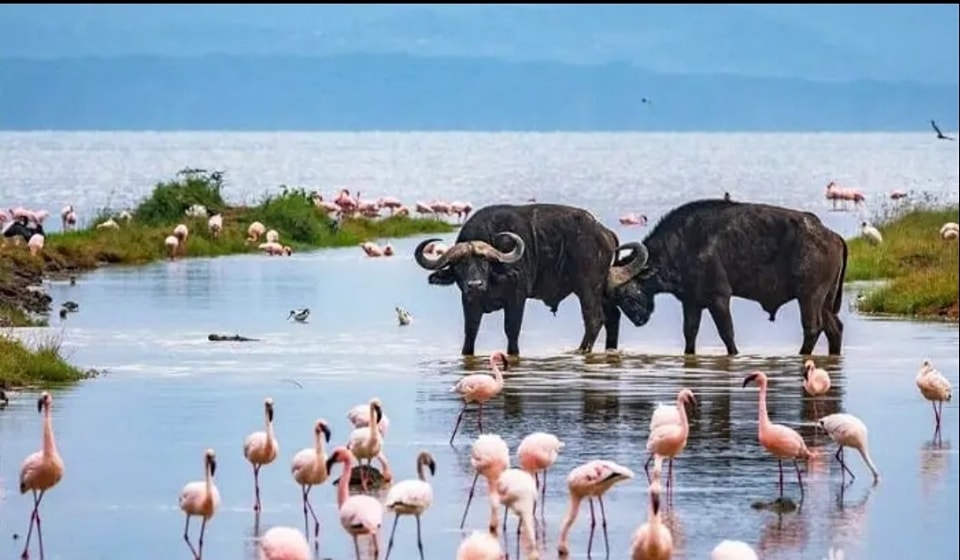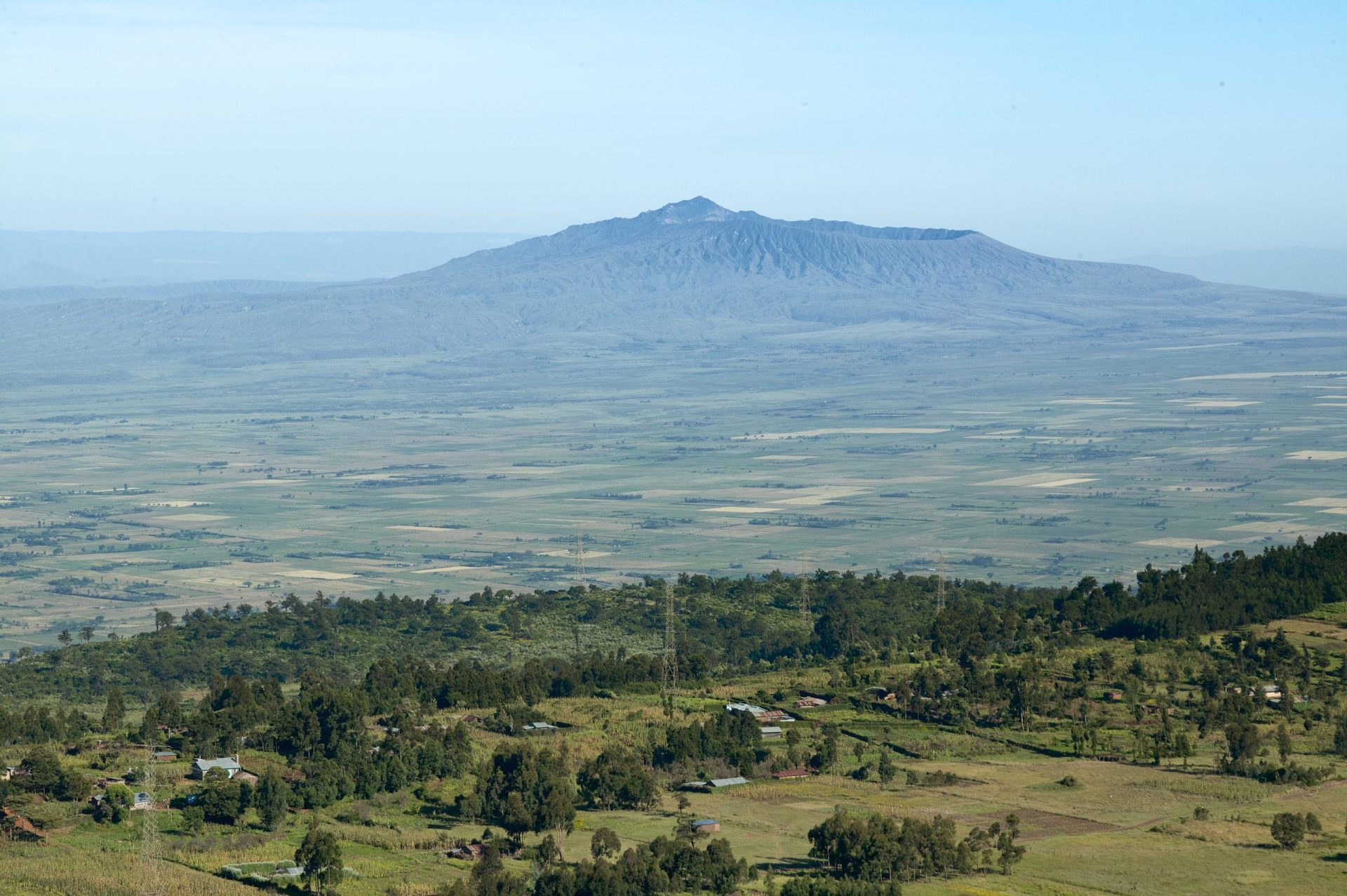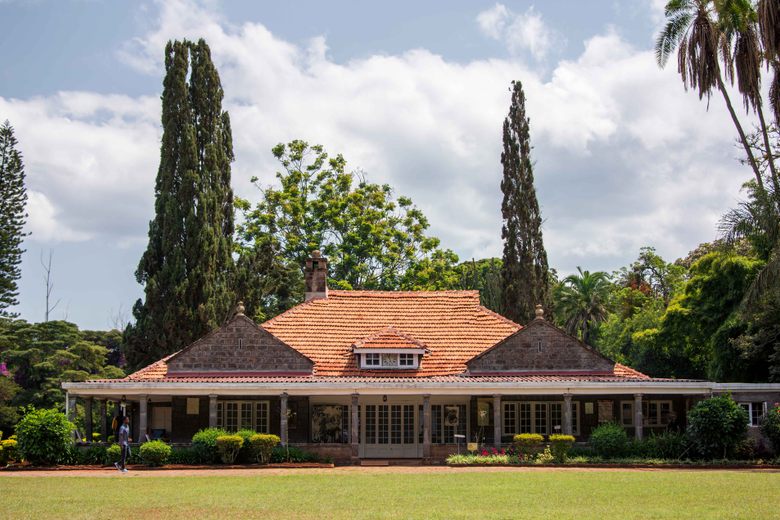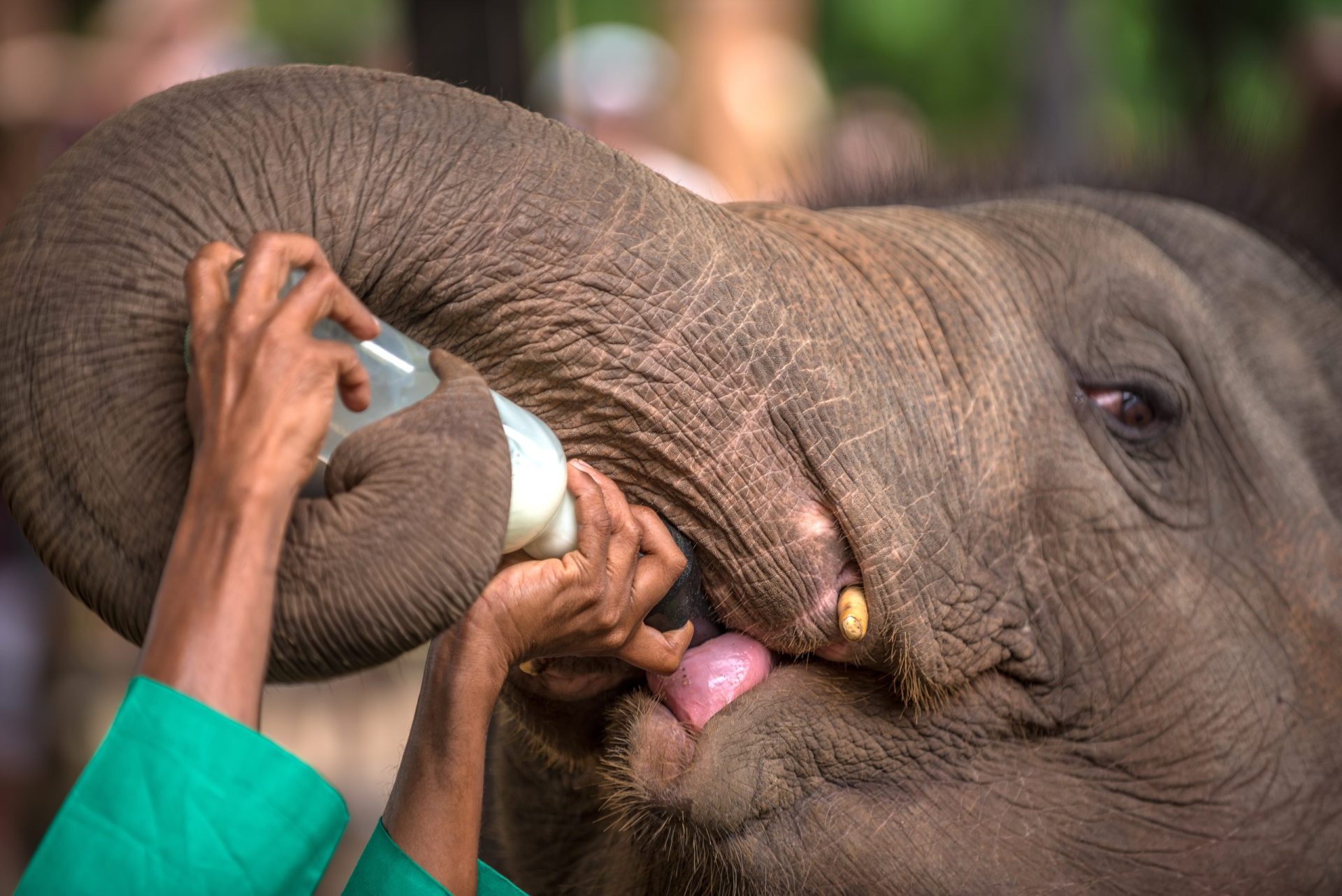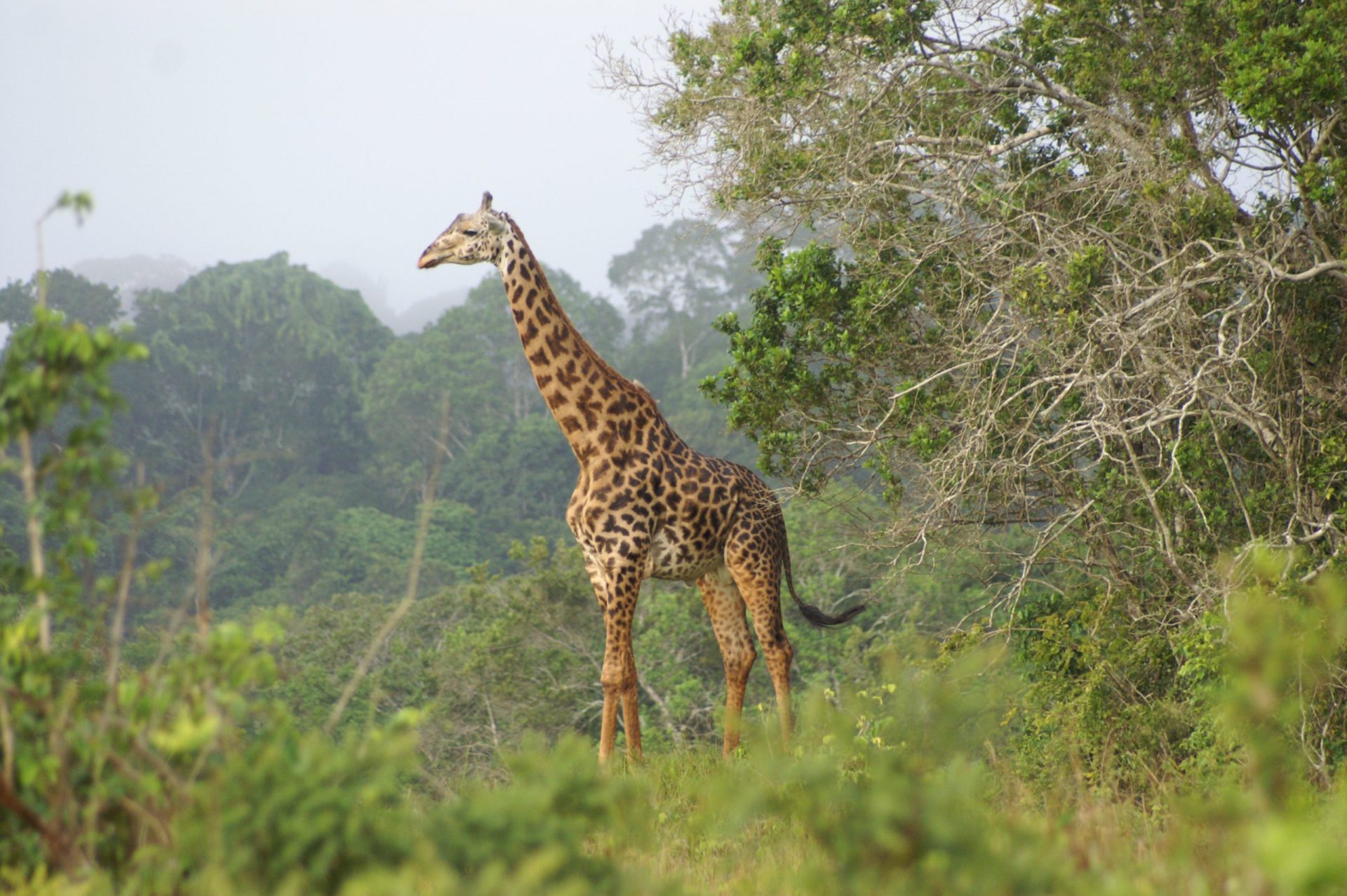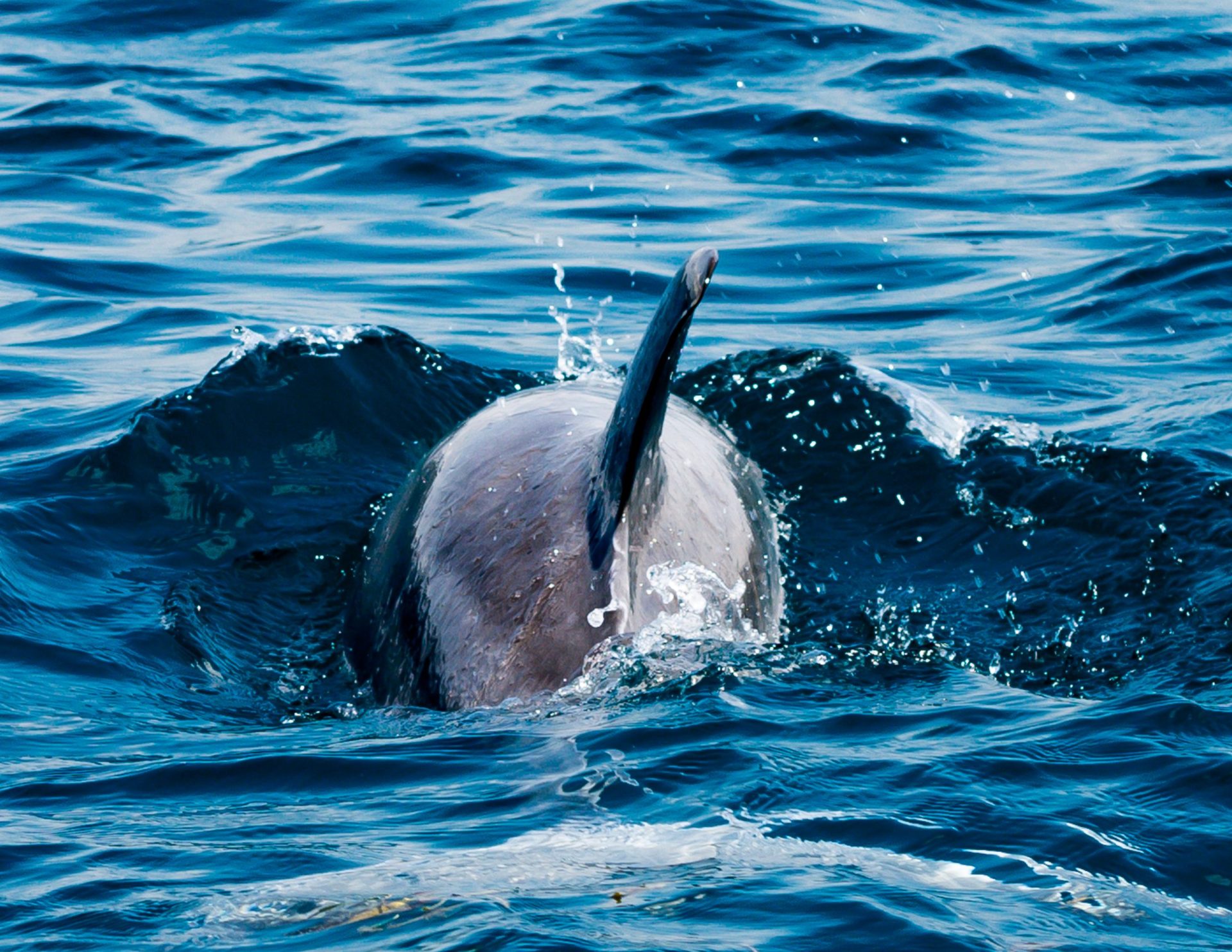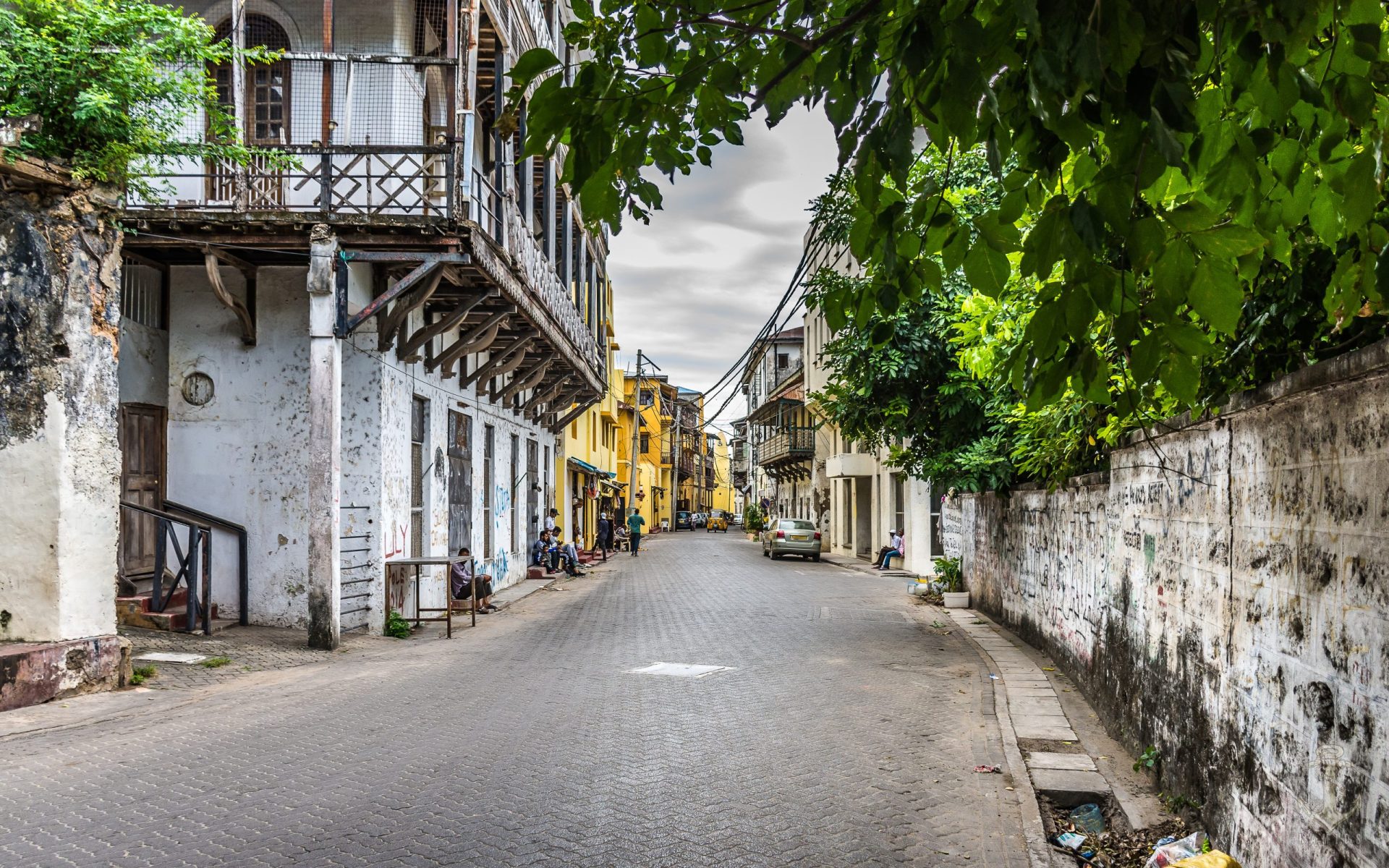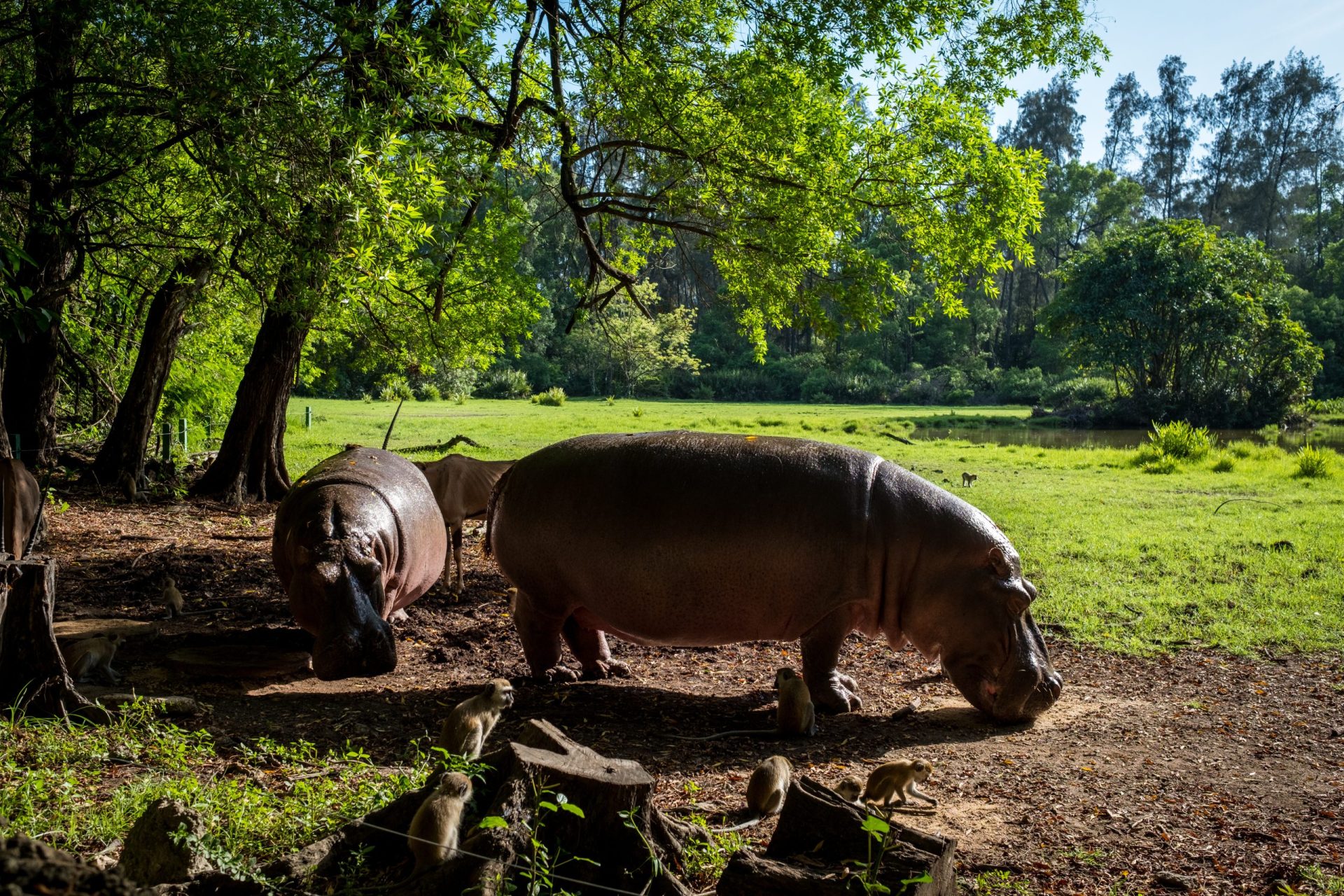Ultimate Guide to Visiting or Moving to Kenya: Essential Tips for a Seamless Experience
Kenya offers an array of experiences that cater to travelers and expatriates looking for adventure, cultural immersion, and a chance to witness some of the world’s most spectacular wildlife. Its diverse landscapes range from the snow-capped peaks of Mount Kenya to the sweeping savannahs of the Maasai Mara, providing settings that are both breathtaking and teeming with biodiversity. Urban centers like Nairobi present a bustling contrast, with a vibrant culture and modern amenities that make the country an appealing destination for visitors and those considering a longer stay.
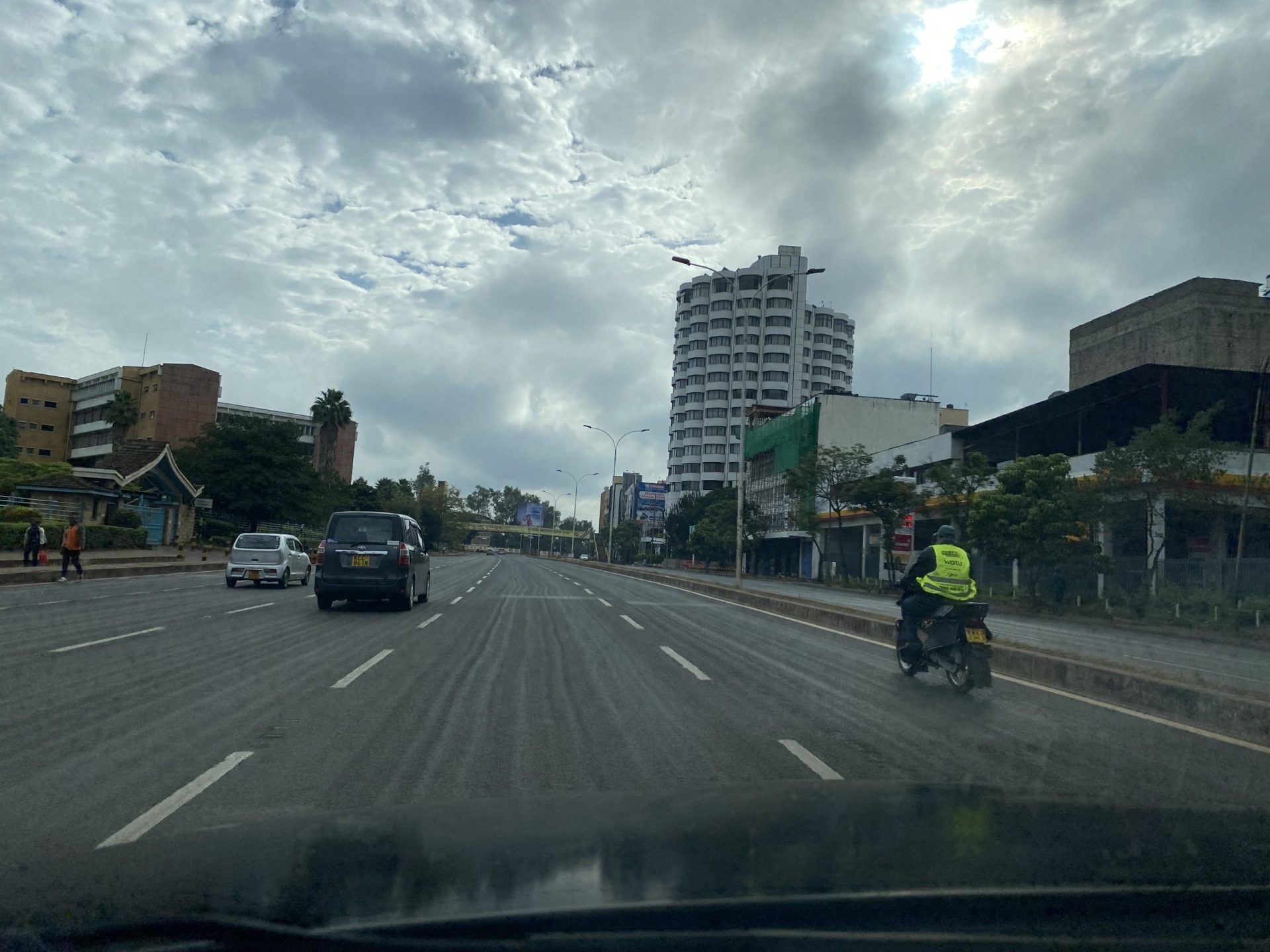
Understanding the essentials before visiting or moving to Kenya is crucial for a smooth experience. This includes knowledge about visa requirements, vaccinations, local customs, and currency. A well-planned trip includes considering the best times to visit various regions and awareness of safety measures. Embracing the rich cultural etiquette and customs is not only respectful but also opens doors to more enriching interactions with the locals. Whether one is visiting the iconic national parks, exploring the historical coastal cities, or integrating into the Kenyan way of life, each experience is bound to leave a lasting impression.
Key Takeaways
- Kenya is a diverse country offering both natural beauty and urban sophistication.
- Proper planning and knowledge of local customs enhance the travel experience.
- Respect and adherence to cultural etiquette is key to meaningful interactions.
Essential Information for Travelers
Before embarking on an adventure to Kenya, travelers should familiarize themselves with essential aspects such as entry requirements, currency usage, health precautions, language barriers, and safety measures.
Entry Requirements and Visas
Travelers must have a valid passport and visa to enter Kenya. Visas can be obtained online through the eVisa system or upon arrival at the airport, though securing one beforehand is recommended to streamline the entry process.
Currency and Payment Methods
The official currency in Kenya is the Kenyan Shilling (KES). While major credit cards are accepted in cities and tourist spots, carrying cash is advisable for smaller vendors and rural areas. ATMs are common in urban regions, but it’s best to withdraw funds in well-populated, secure locations.
Health and Vaccinations
Visitors should consult a healthcare provider for travel vaccines and medicines several weeks before their trip. A Yellow Fever vaccination certificate is required if arriving from a country with a risk of Yellow Fever transmission. Furthermore, anti-malarial medication is recommended when traveling to certain parts of Kenya.
Language and Communication
English and Swahili are the official languages of Kenya, with English widely spoken in business, education, and tourism settings. Learning a few basic Swahili phrases can enhance interactions with locals and is often appreciated.
Emergency Contacts and Safety
In case of emergency, dial 999 or 112 for police, fire, and ambulance services. It’s essential to remain vigilant, especially in cities and popular tourist areas, to avoid pickpocketing and scams. Travelers should exercise caution and heed advice from their embassies and local authorities.
Kenya’s Top Destinations
Kenya offers a diverse array of destinations, from the wildlife-rich savannas to the historic coastal islands. Each location promises a unique and enriching experience for visitors and newcomers alike.
Masai Mara National Reserve
The Masai Mara National Reserve is renowned for its exceptional population of lions, leopards, cheetahs, and the annual migration of zebra, Thomson’s gazelle, and wildebeest to and from the Serengeti every year known as the Great Migration.
Amboseli National Park
At Amboseli National Park, visitors can experience stunning views of Mount Kilimanjaro while observing large herds of African elephants. The park is also a bird watcher’s paradise, with over 400 species of birds recorded.
Mount Kenya
Mount Kenya stands as the nation’s highest mountain and offers challenging climbs for experienced mountaineers as well as easier treks for casual hikers. Its rugged glacier-clad peaks provide breathtaking scenery.
Lamu Island
A UNESCO World Heritage Site, Lamu Island is a treasure of Swahili culture and architecture, with history stretching back over several centuries. The island offers a peaceful retreat with its beautiful beaches and narrow winding streets.
Nairobi City Guide
The vibrant capital, Nairobi, is a city that combines urban life with nature. It houses the Nairobi National Park, a unique ecosystem where visitors can spot endangered black rhinos, lions, giraffes, and over 400 bird species right next to the city center.
Cultural Etiquette and Customs
Understanding and respecting cultural etiquette and customs is essential for anyone visiting or moving to Kenya. It ensures a smooth interaction with locals and enriches the travel experience.
Greeting and Interacting with Locals
In Kenya, greetings are considered an important aspect of social interactions. One should always greet with a polite “Jambo” (hello) or “Habari” (how are you). Handshakes are common and can last longer than in Western cultures. It’s advisable to wait for a Kenyan to initiate the handshake, especially when greeting someone of the opposite sex. According to Commisceo Global, Kenyans view greetings as a sign of respect and take time to inquire about one’s health and general wellbeing.
Dress Code and Behavior
The dress code in Kenya varies with the context and location, but modesty is a key principle. In urban areas, western attire is common, while traditional and conservative clothes are worn in rural regions. Behavior-wise, Kenyans are known for their politeness and expect the same from visitors. Public displays of affection are generally frowned upon, especially in conservative and rural areas.
Cuisine and Dining Etiquette
Kenyan cuisine is a rich tapestry of flavors, with staples like Ugali (cornmeal porridge) and Nyama Choma (grilled meat). When dining, it is customary to wash hands before and after meals, as many dishes are eaten with hands. It’s also polite to accept food and drink when offered, as it signifies hospitality; declining may be taken as an insult. Offering guests tea is a common practice and a sign of welcome.
Festivals and Public Holidays
Kenya celebrates a diverse range of festivals and public holidays, reflecting its ethnic and cultural diversity. Major holidays include Madaraka Day, Mashujaa Day, and Jamhuri Day. Participating or respecting these occasions shows one’s regard for Kenyan culture. Traditional festivals often feature music, dance, and vibrant costumes, providing insight into the local heritage and community spirit.
